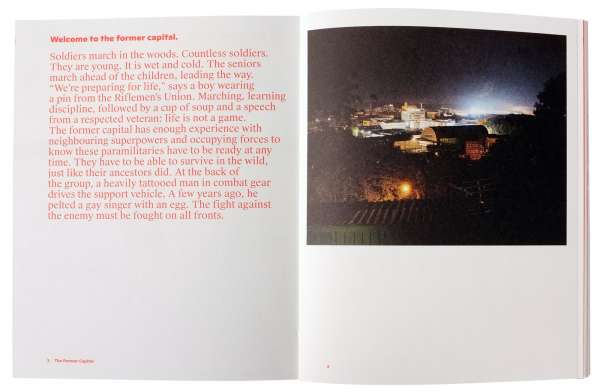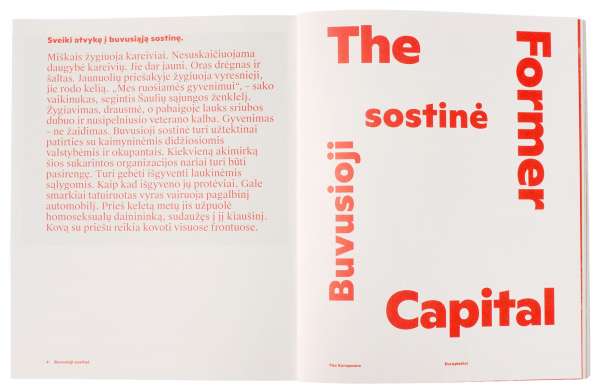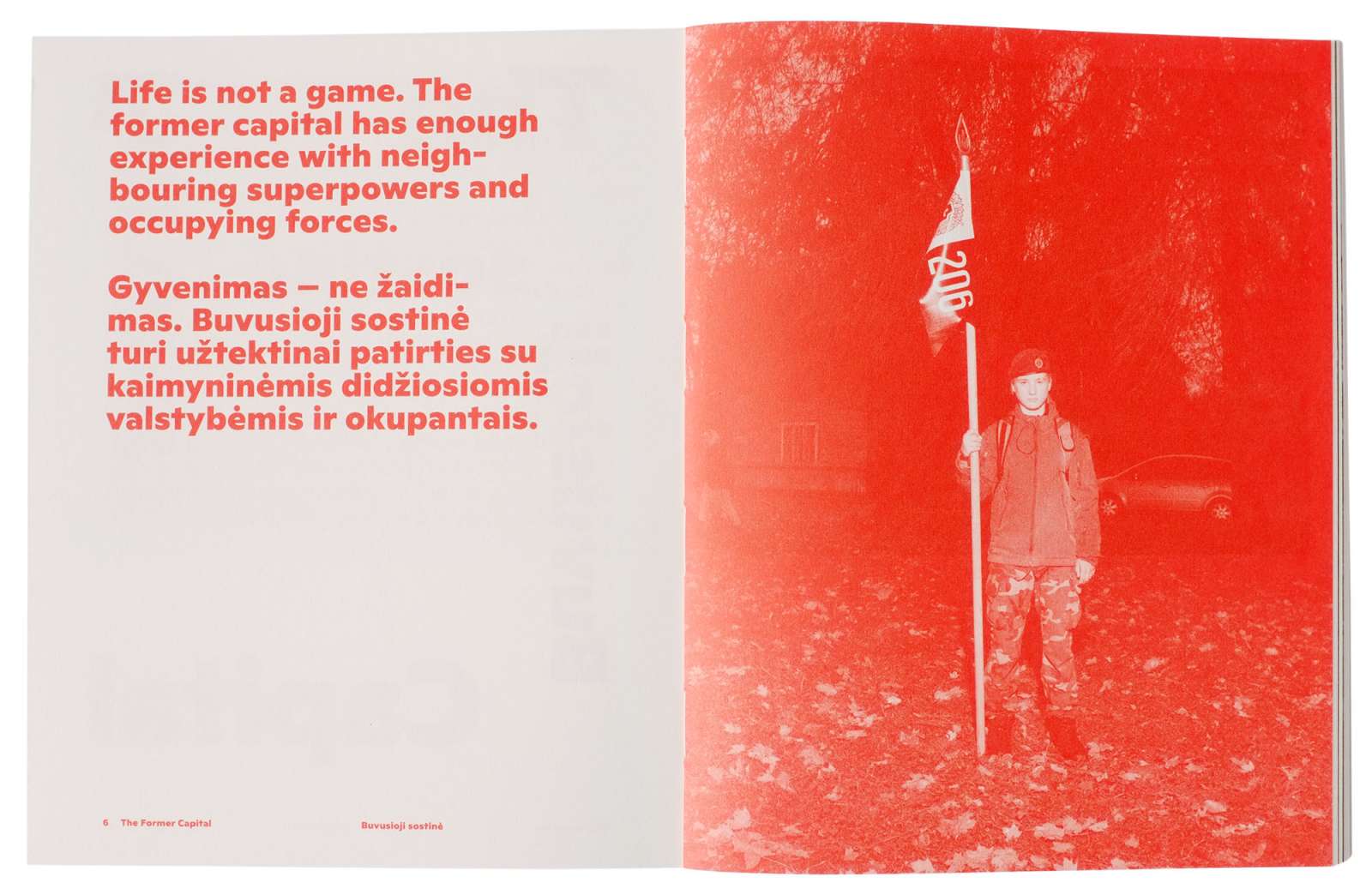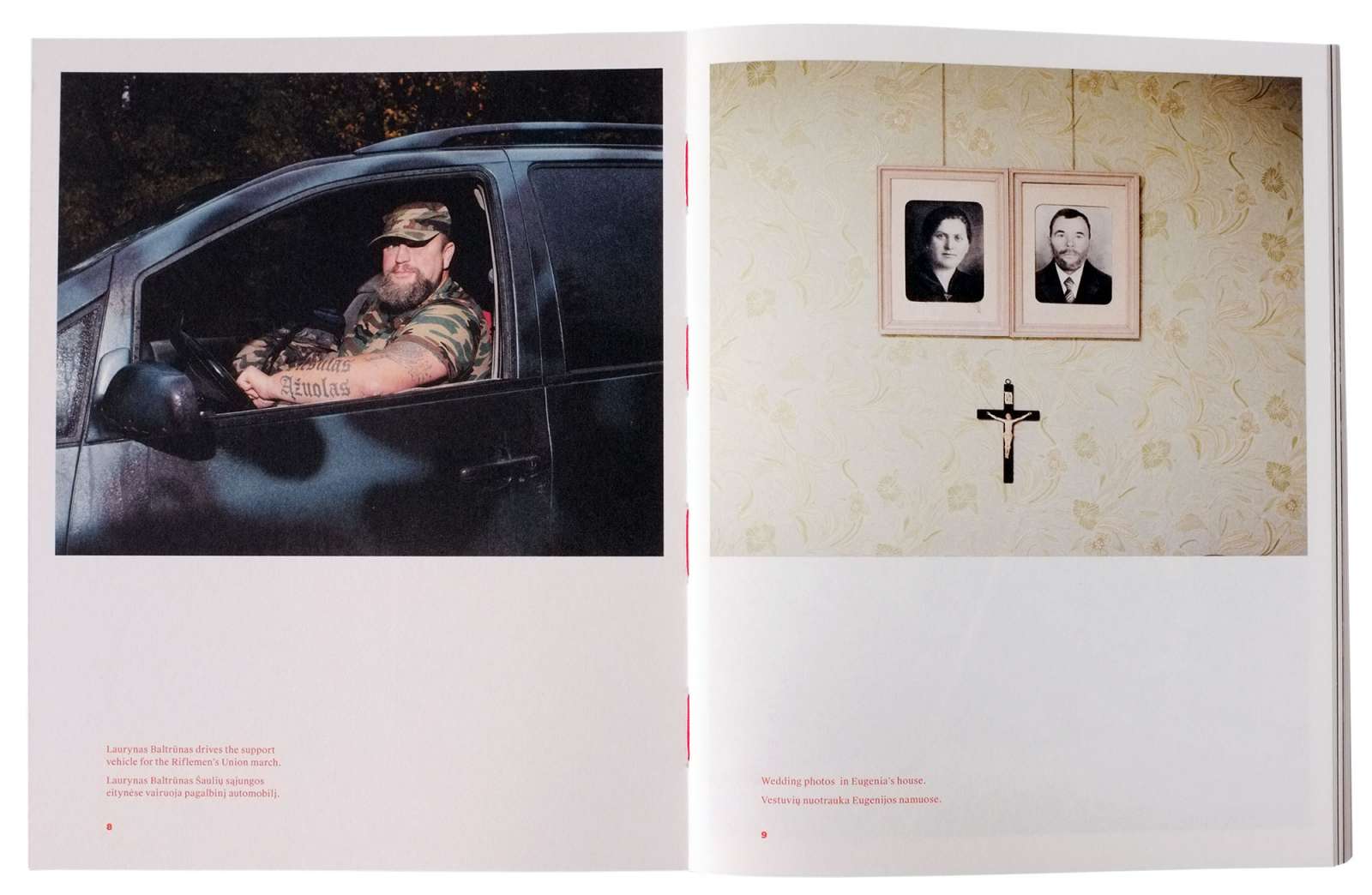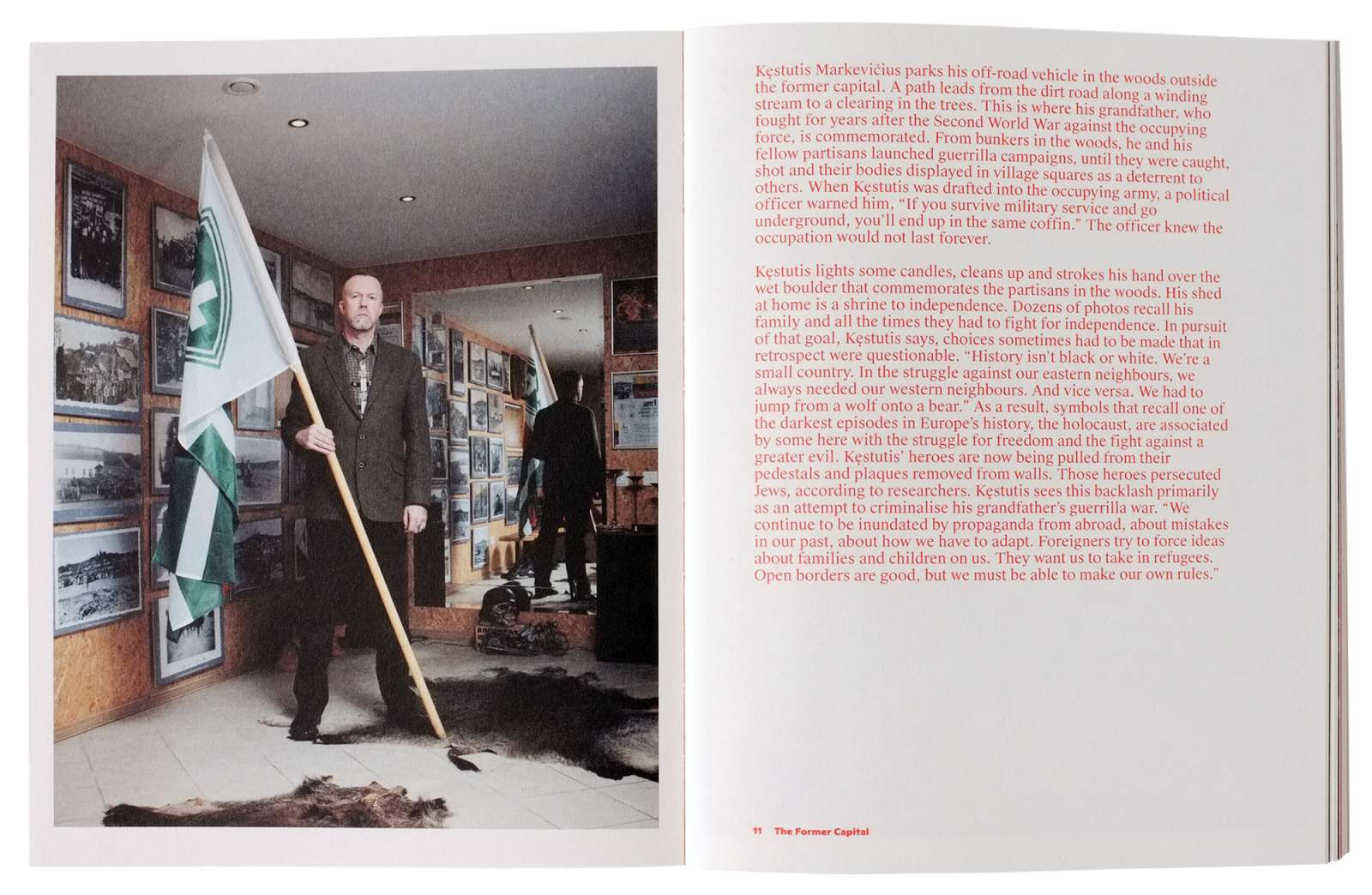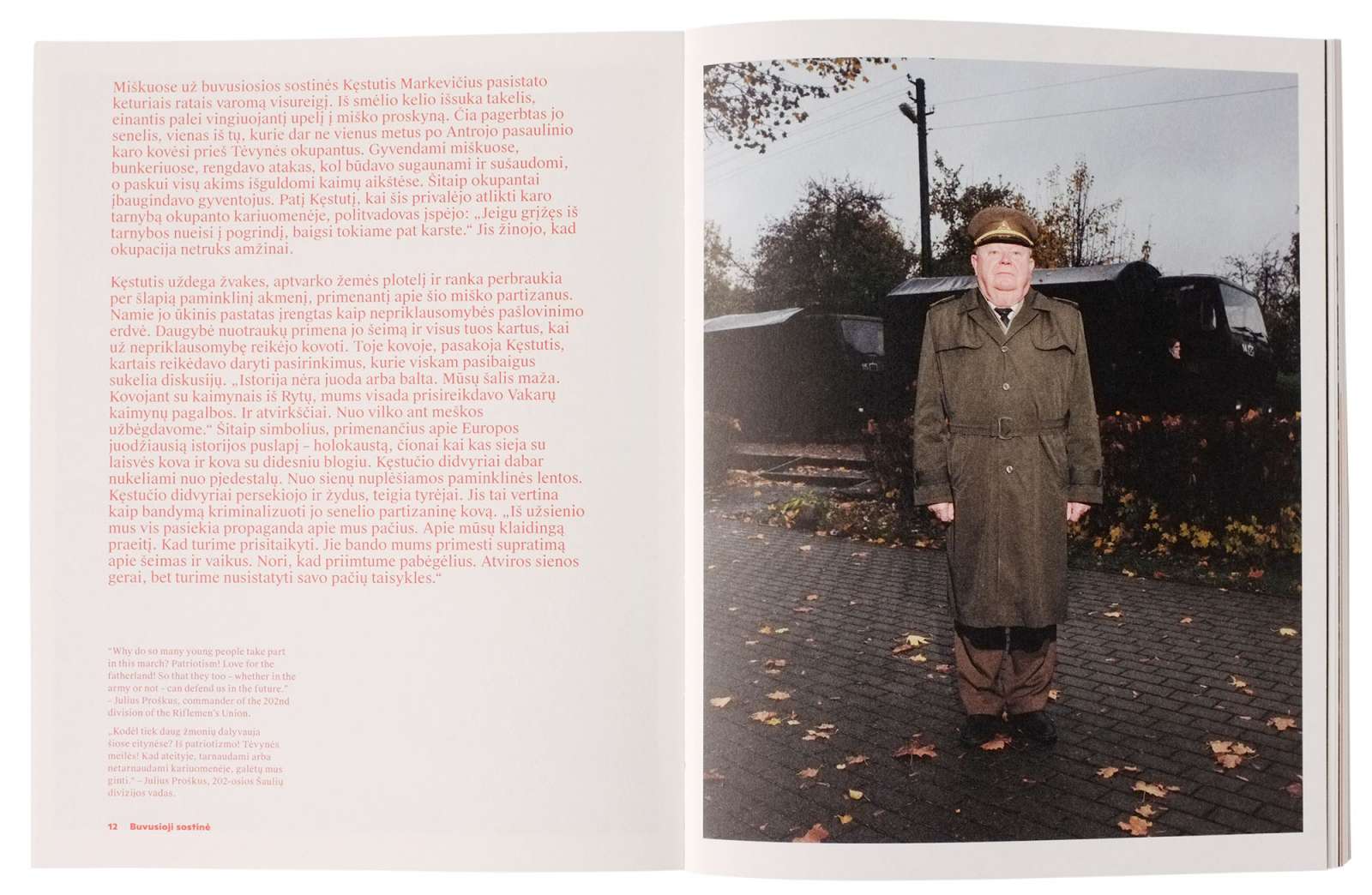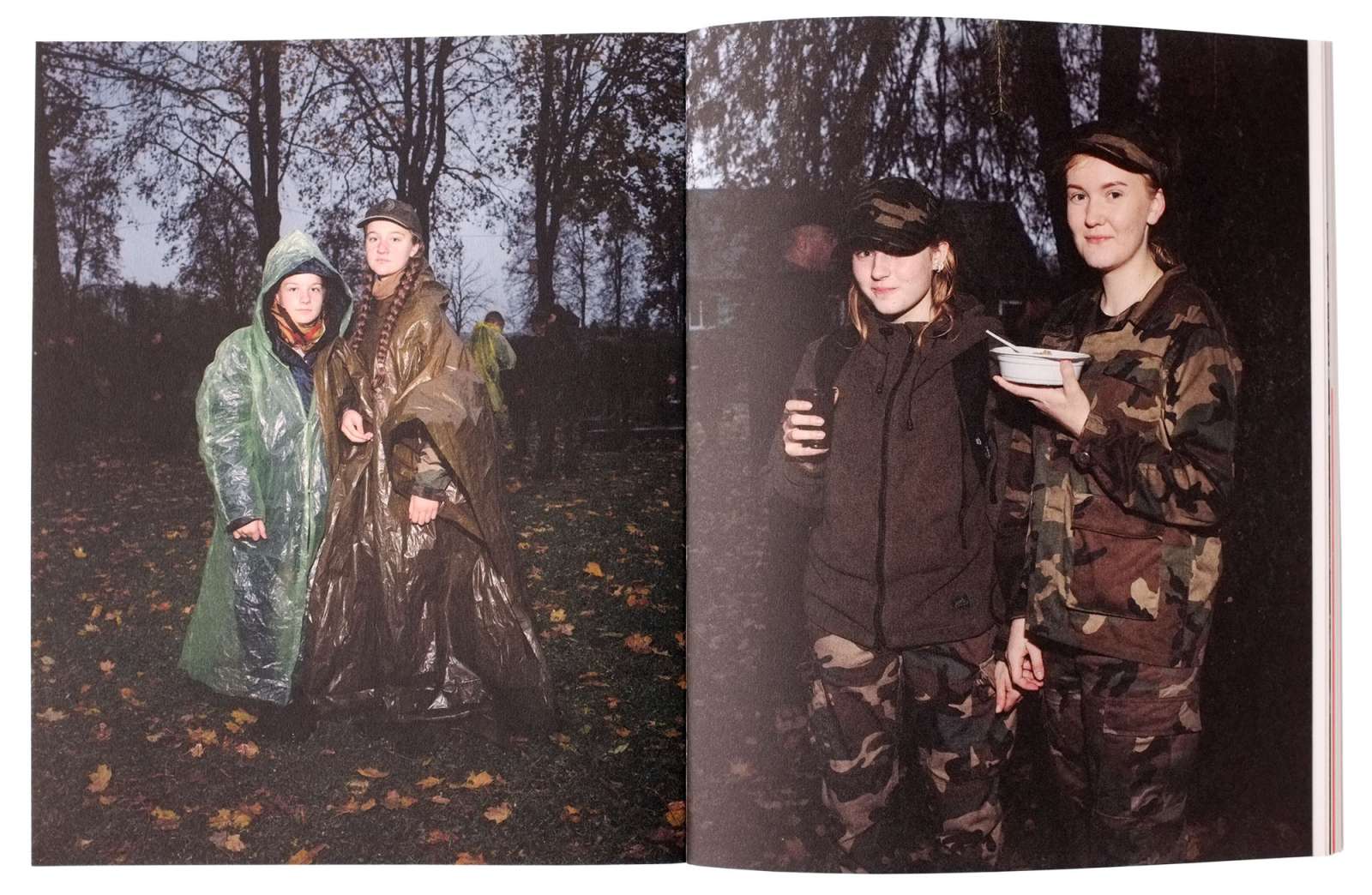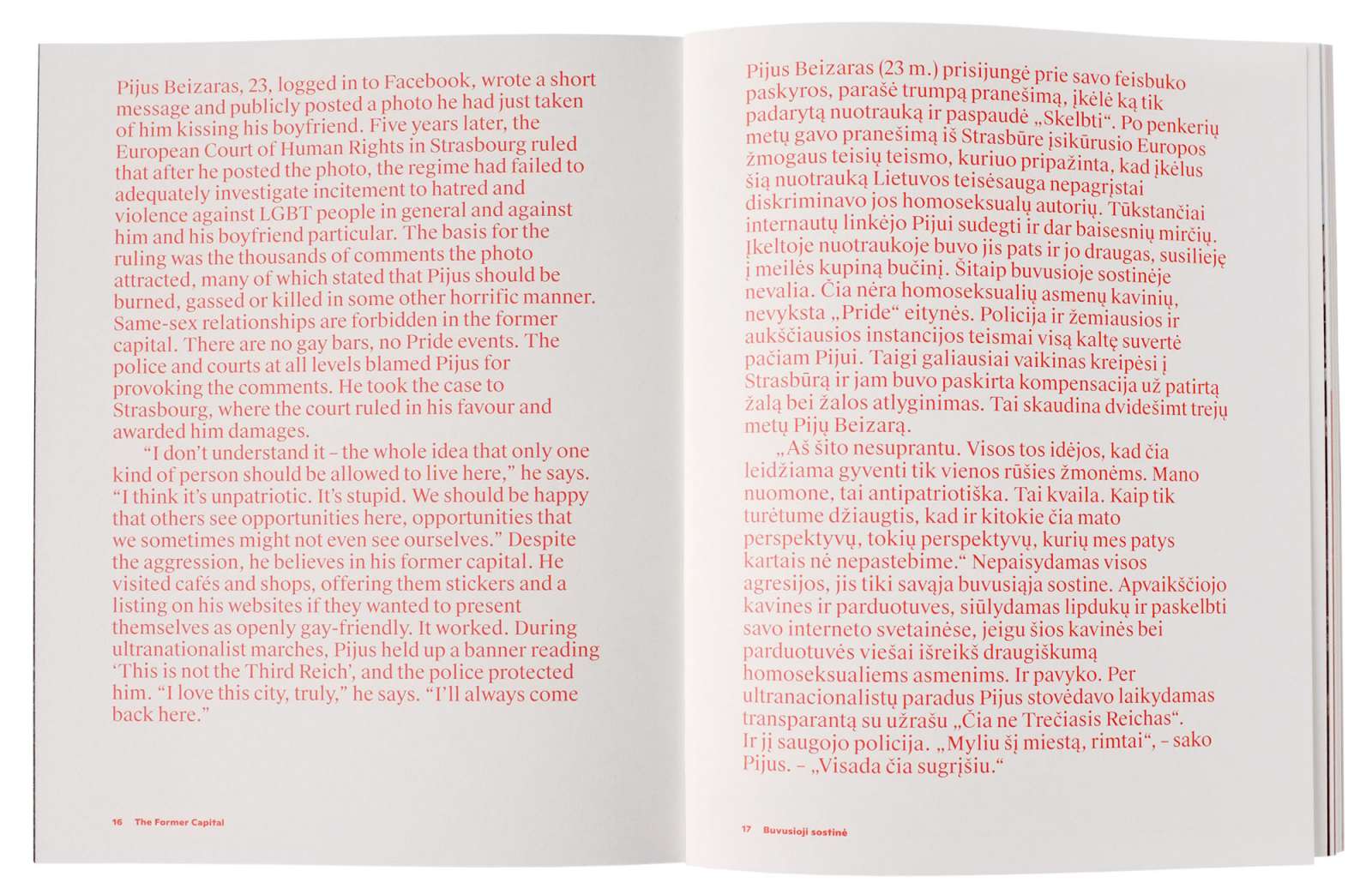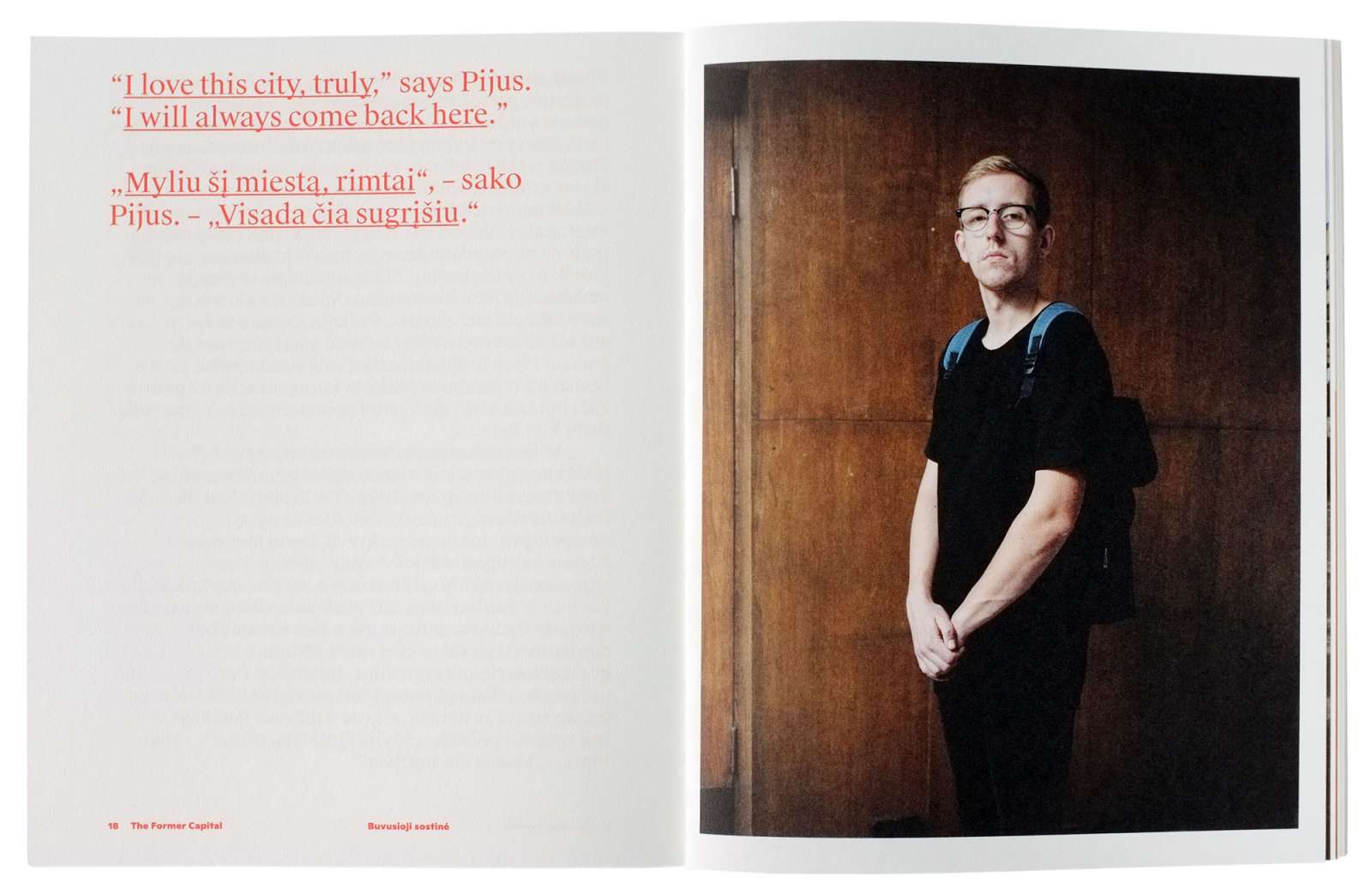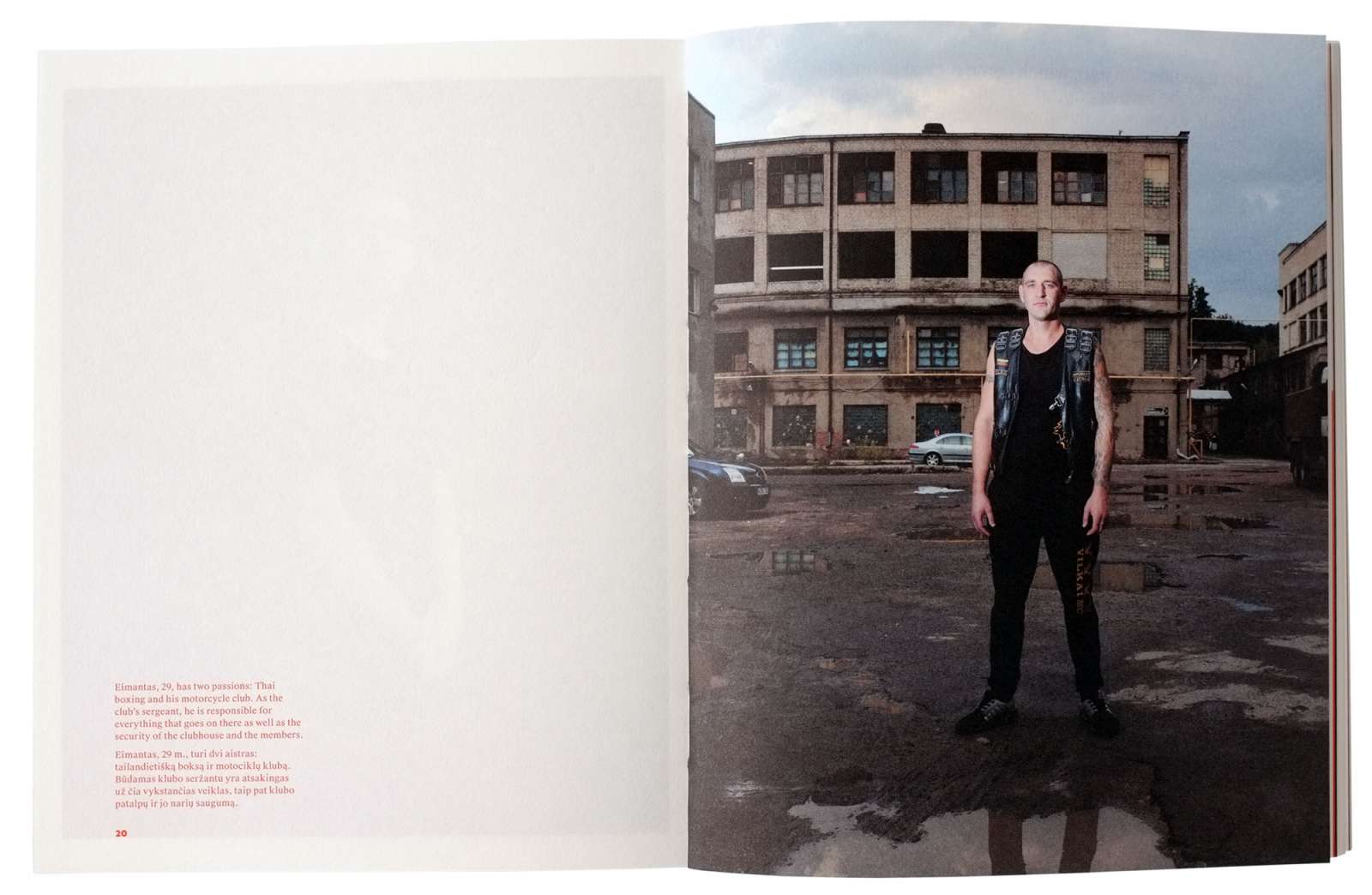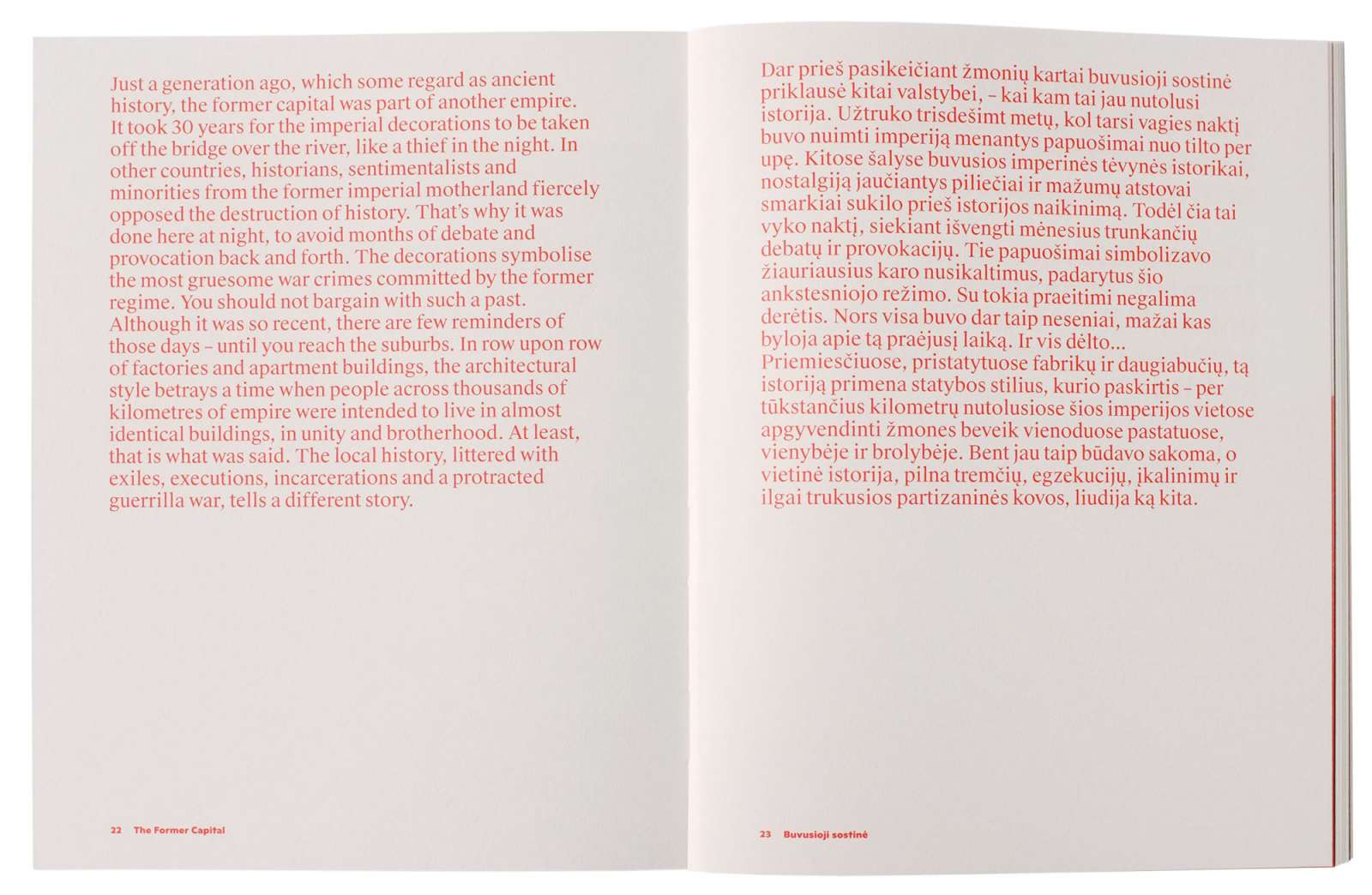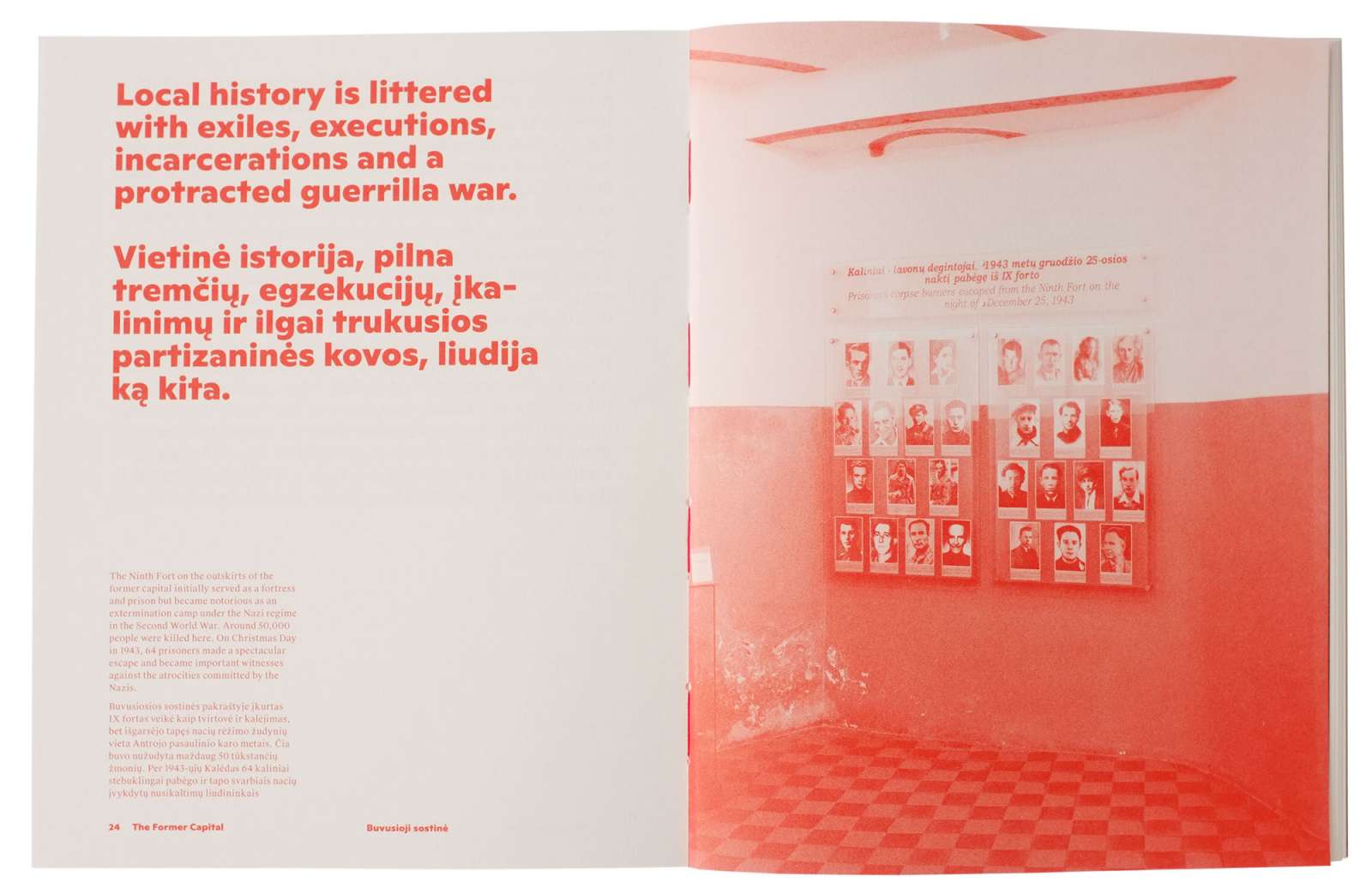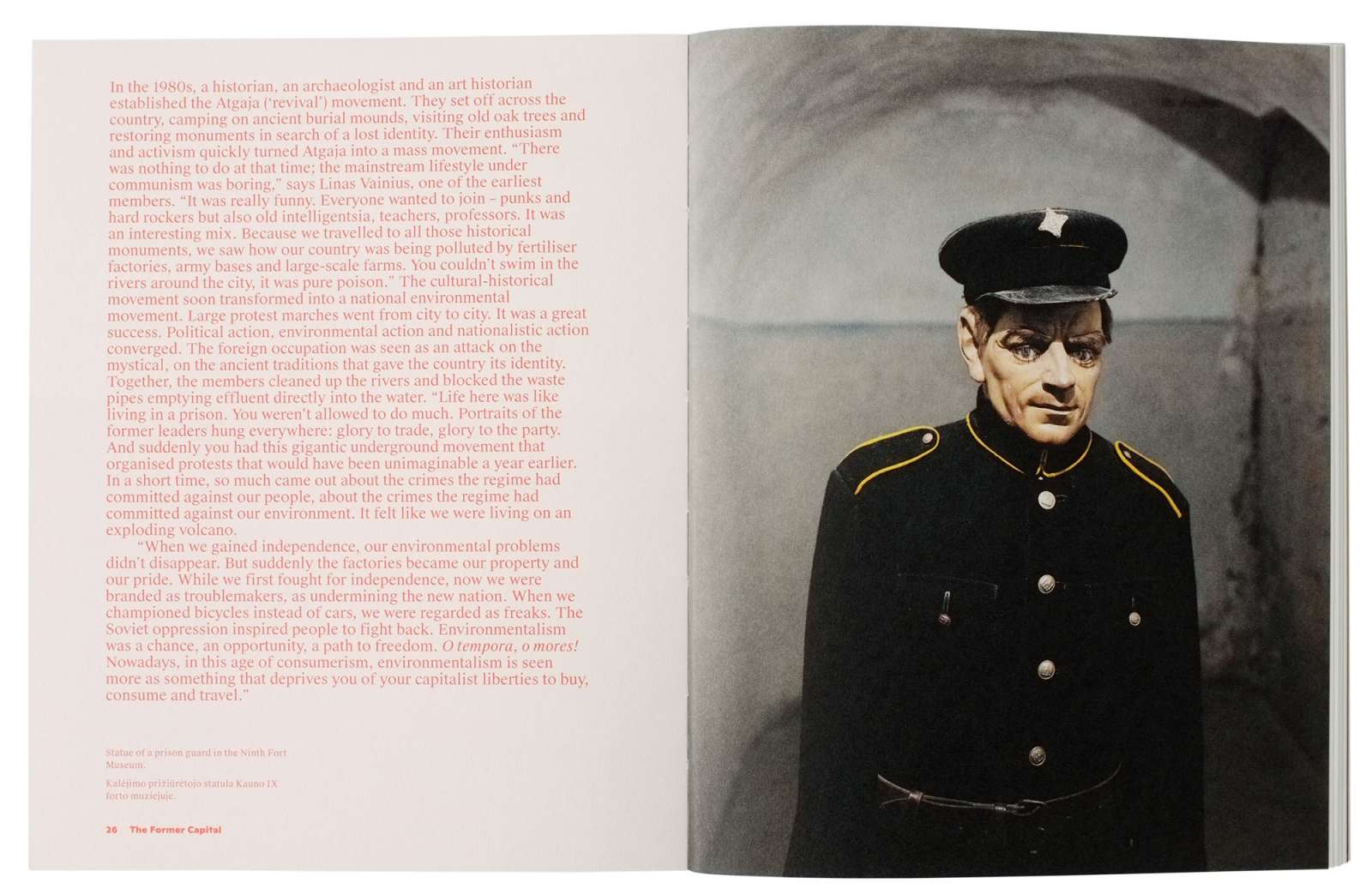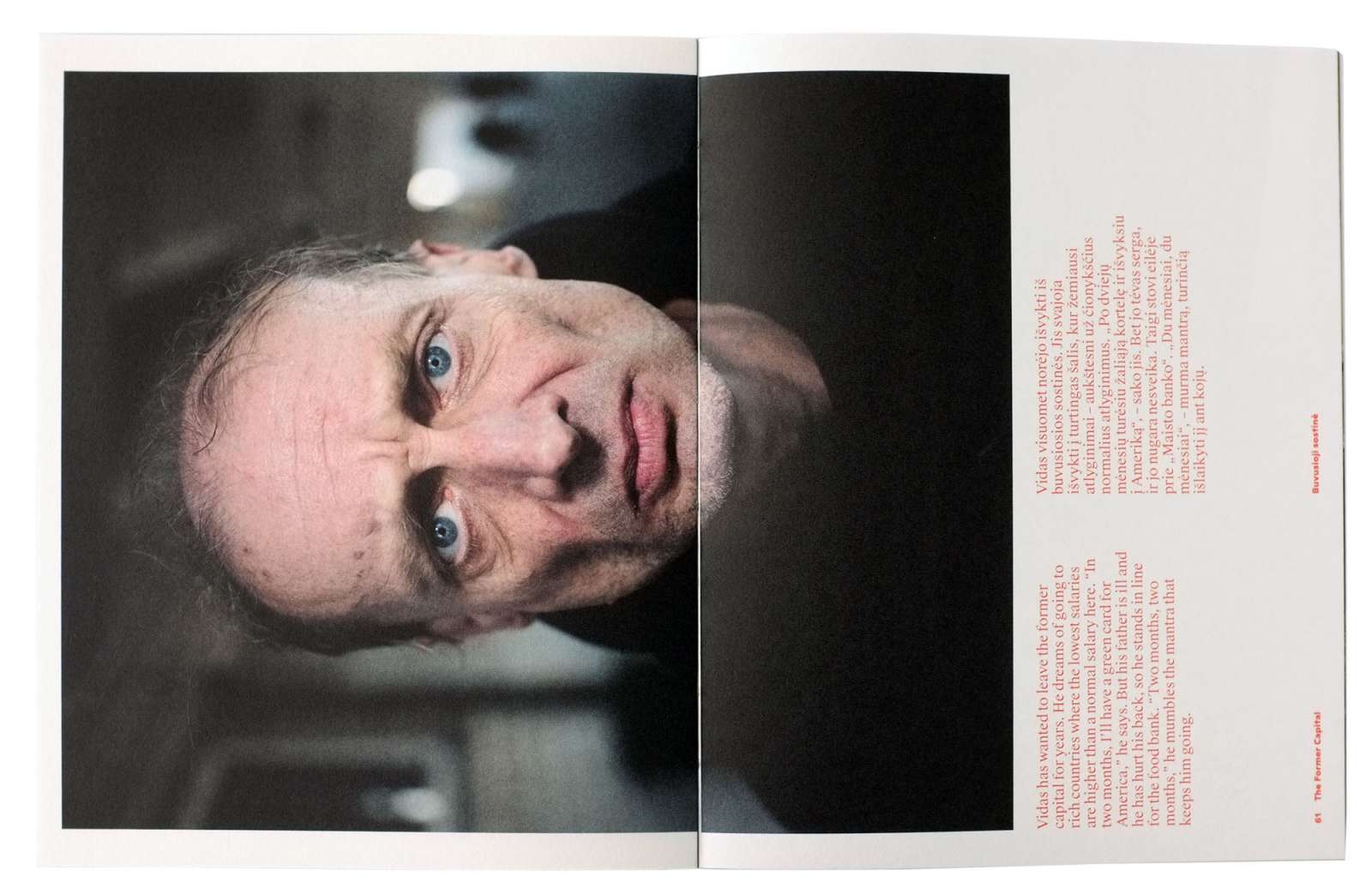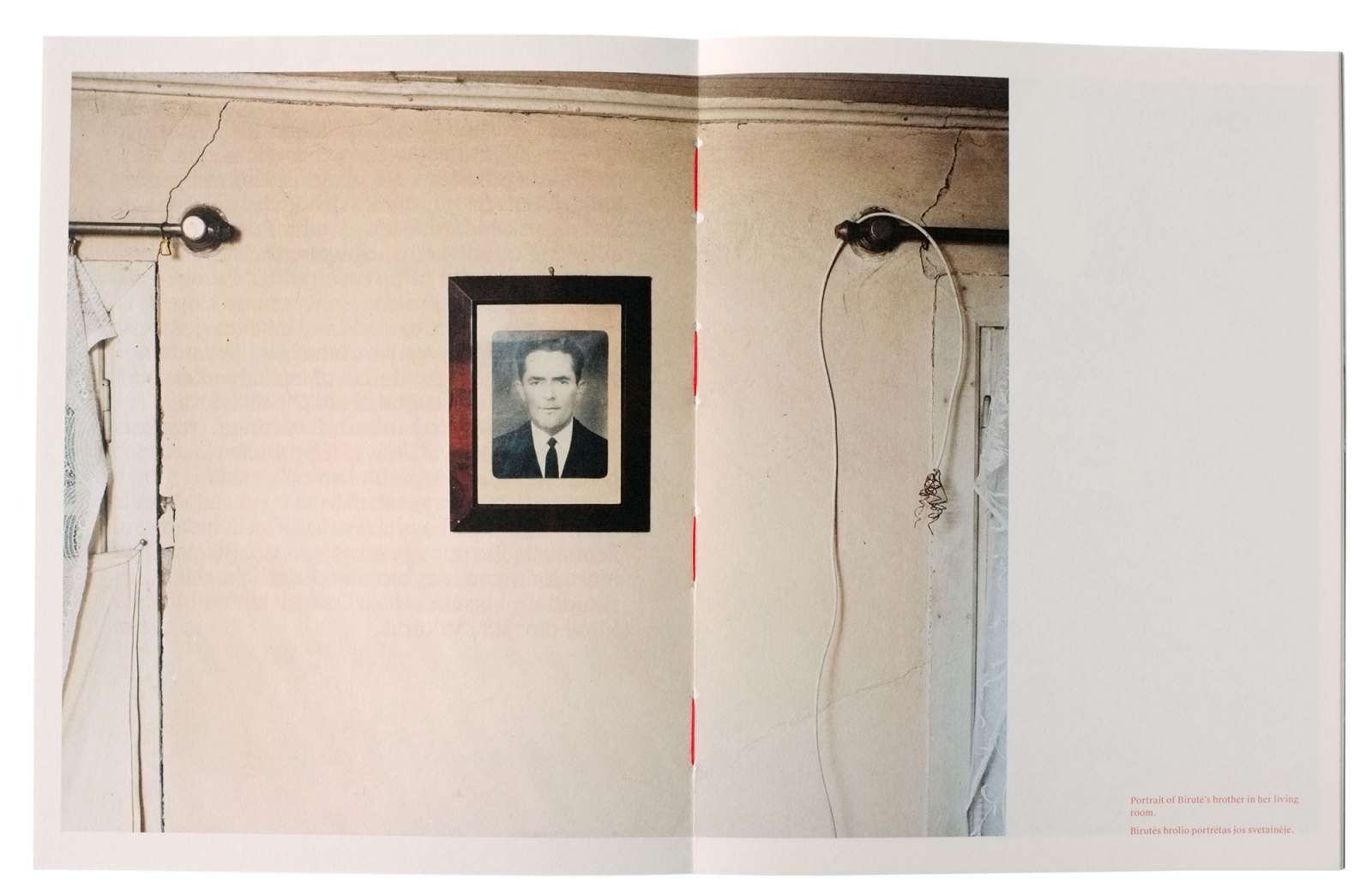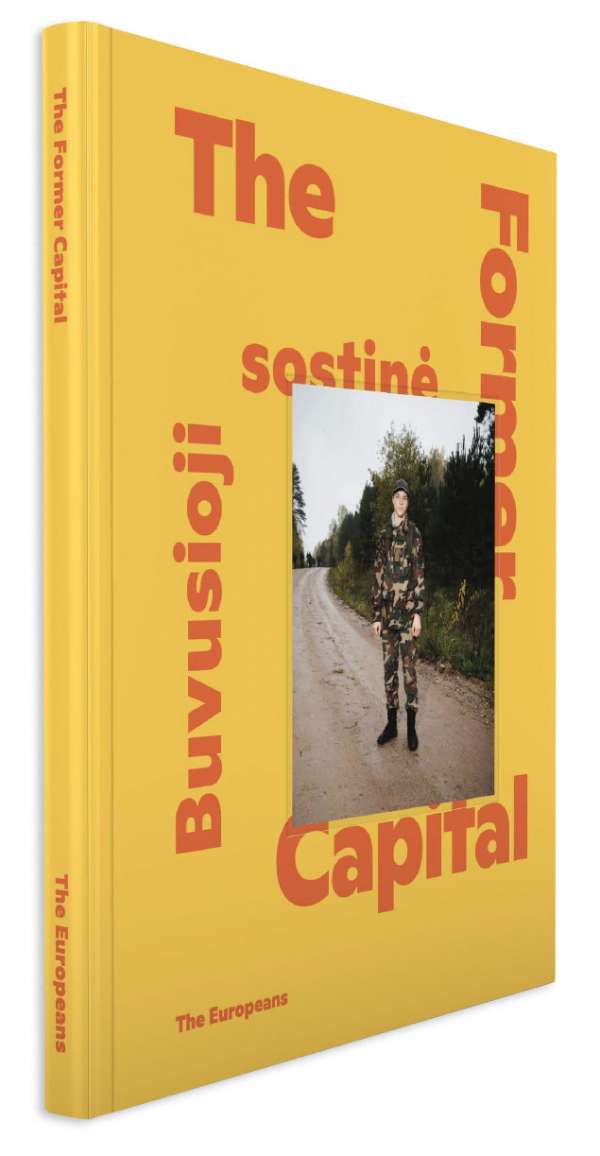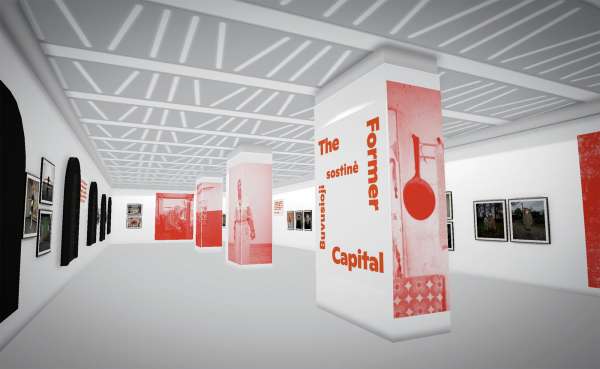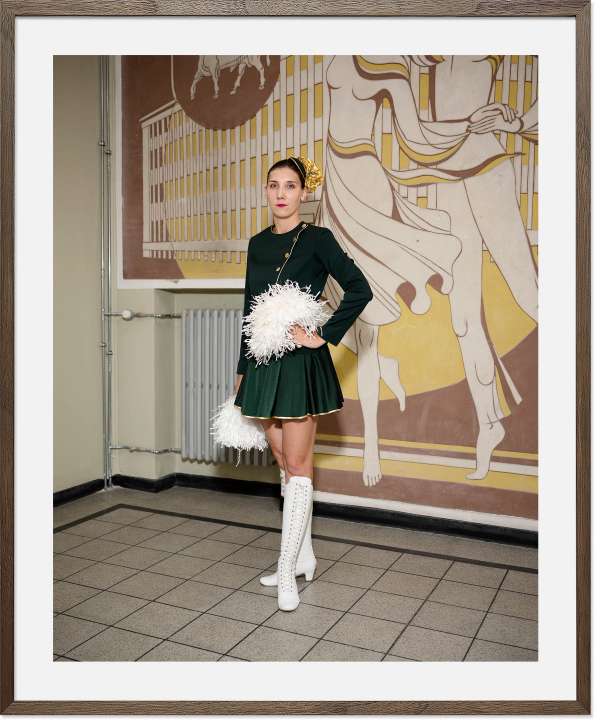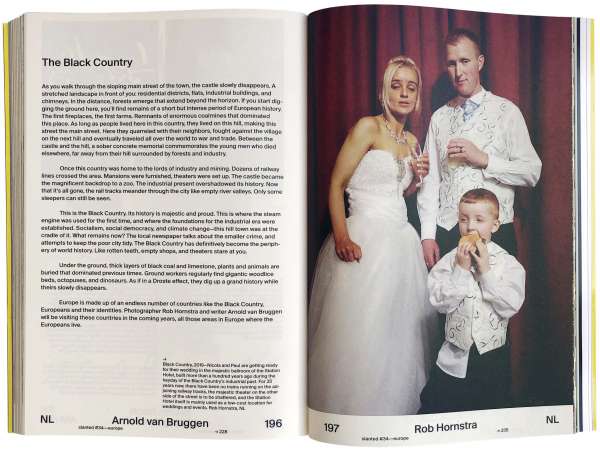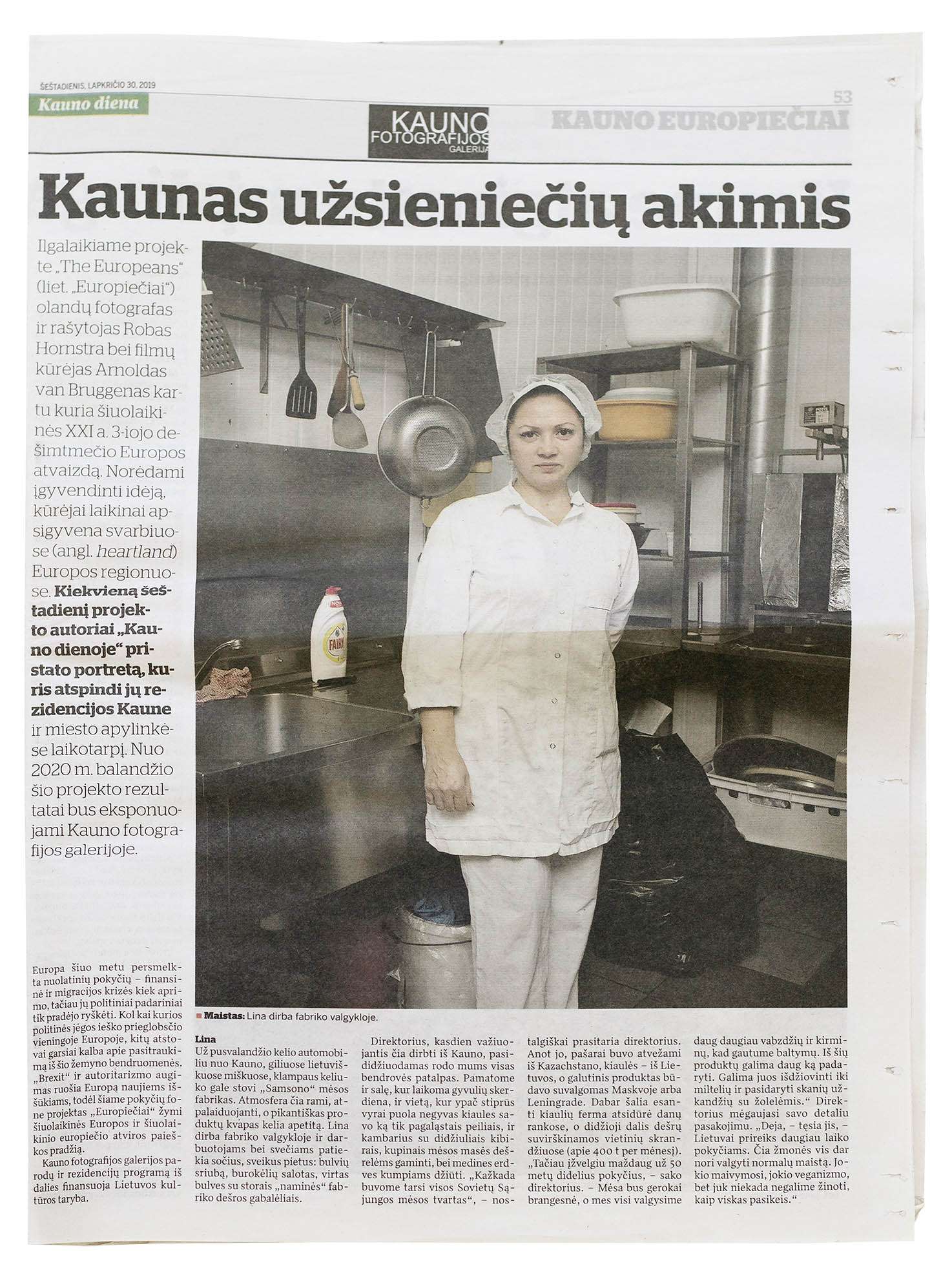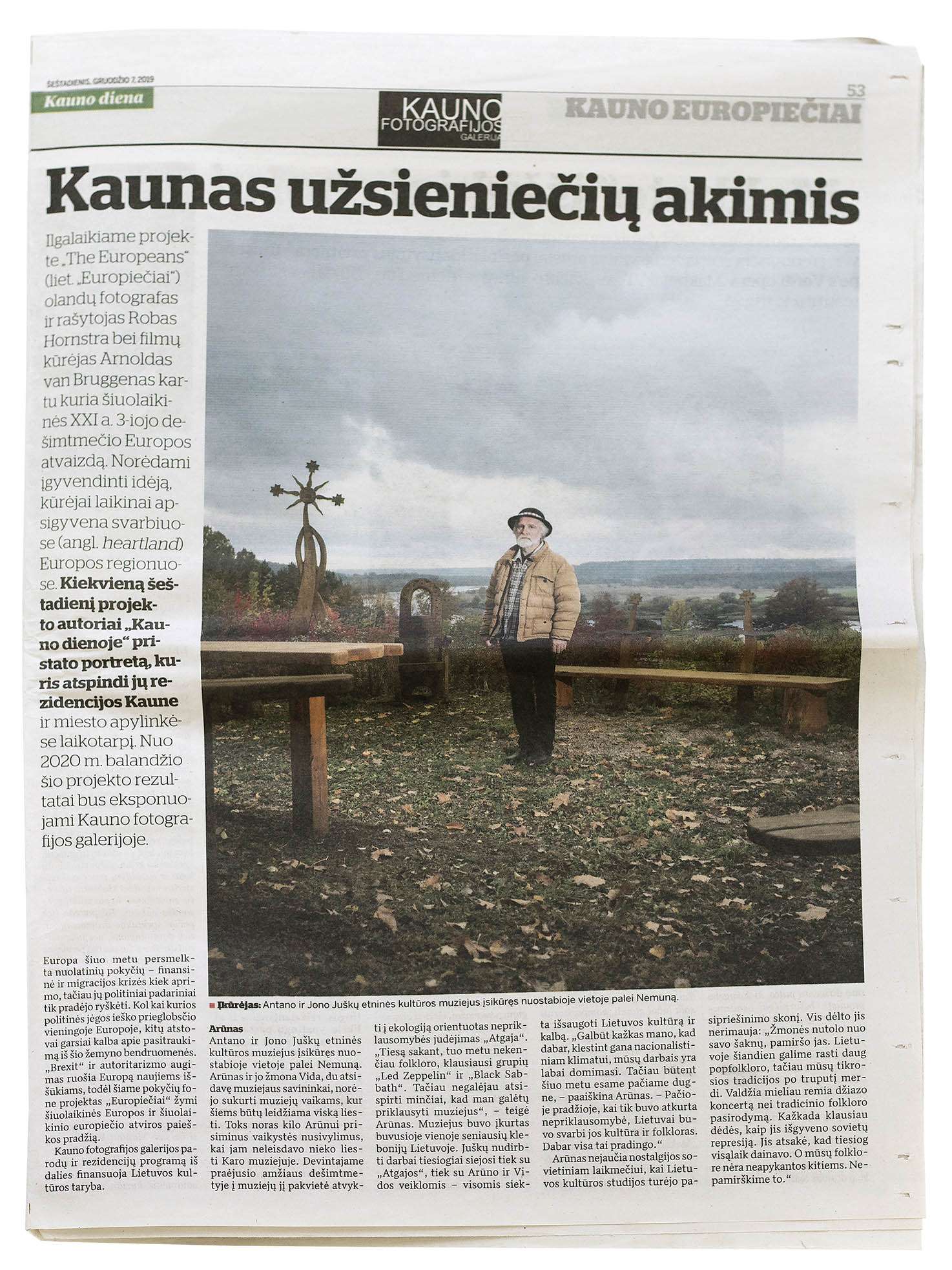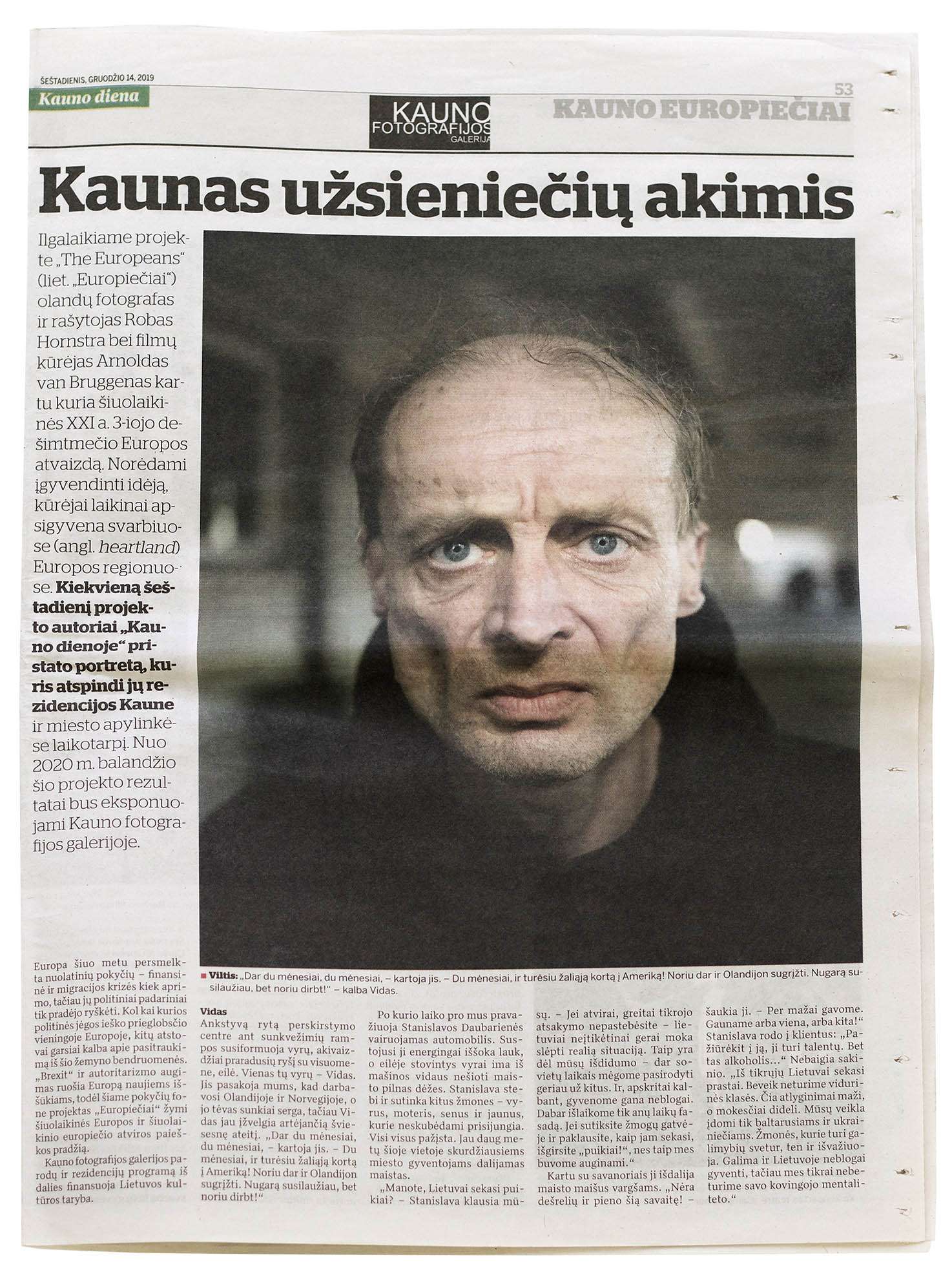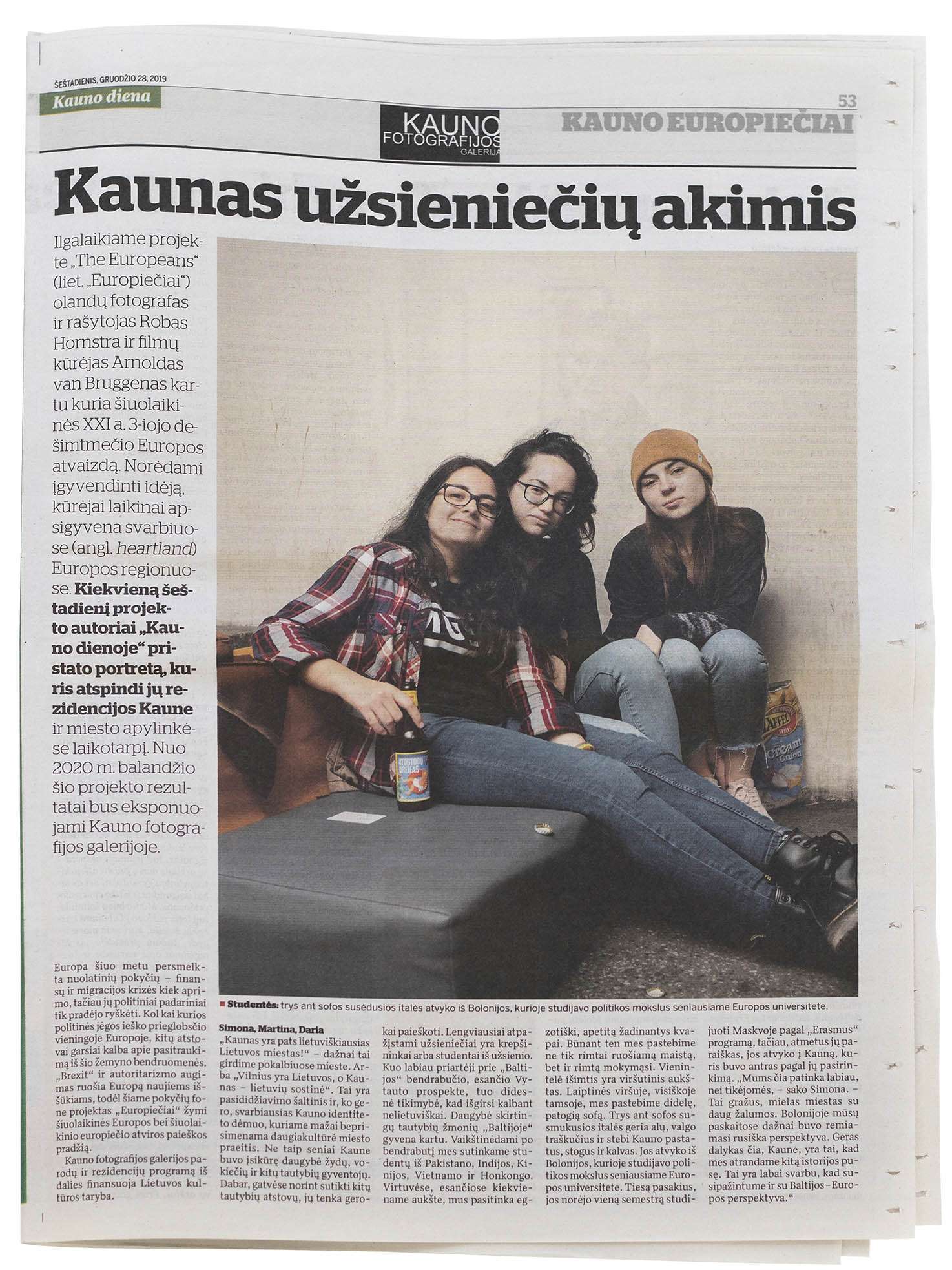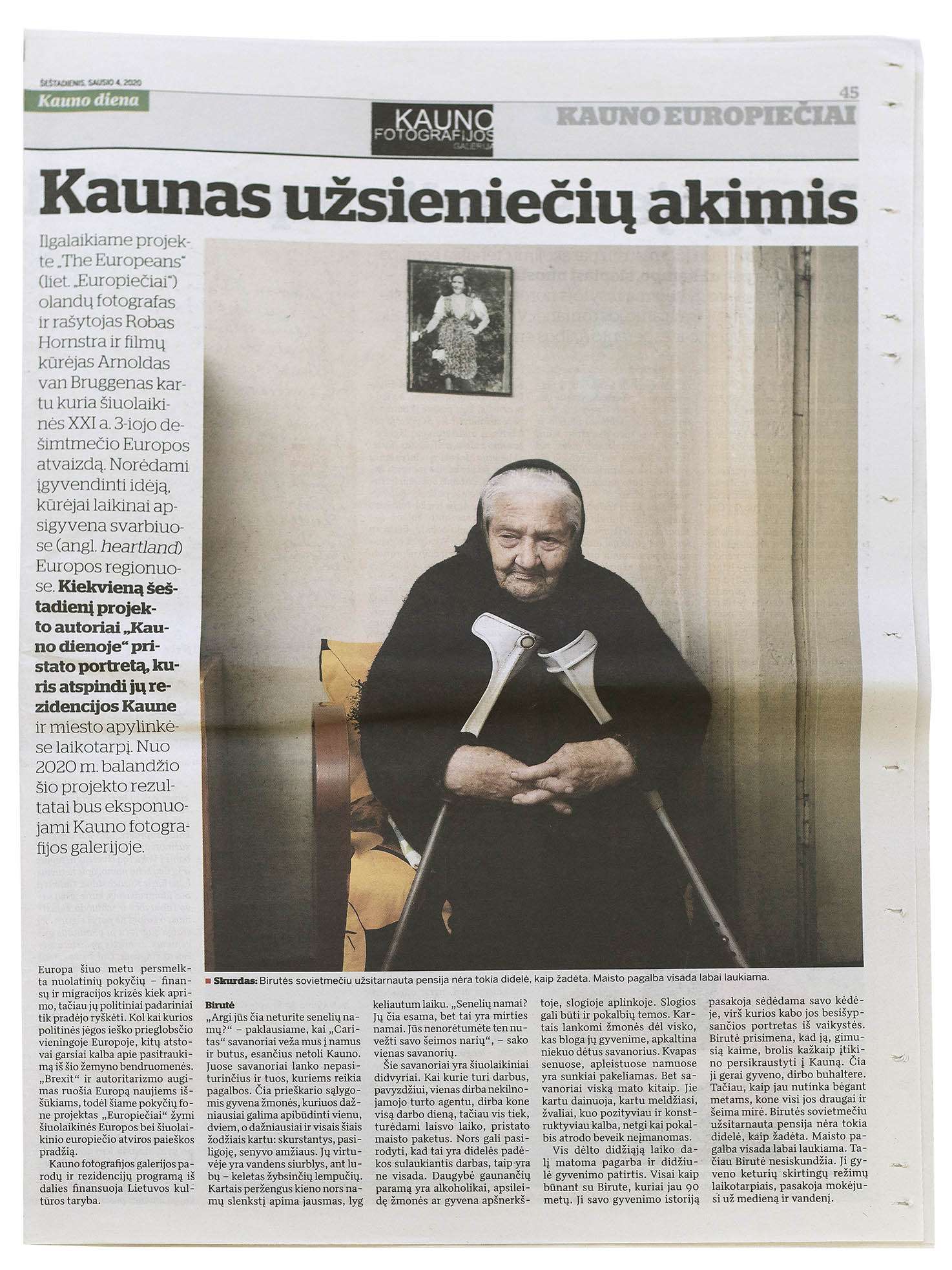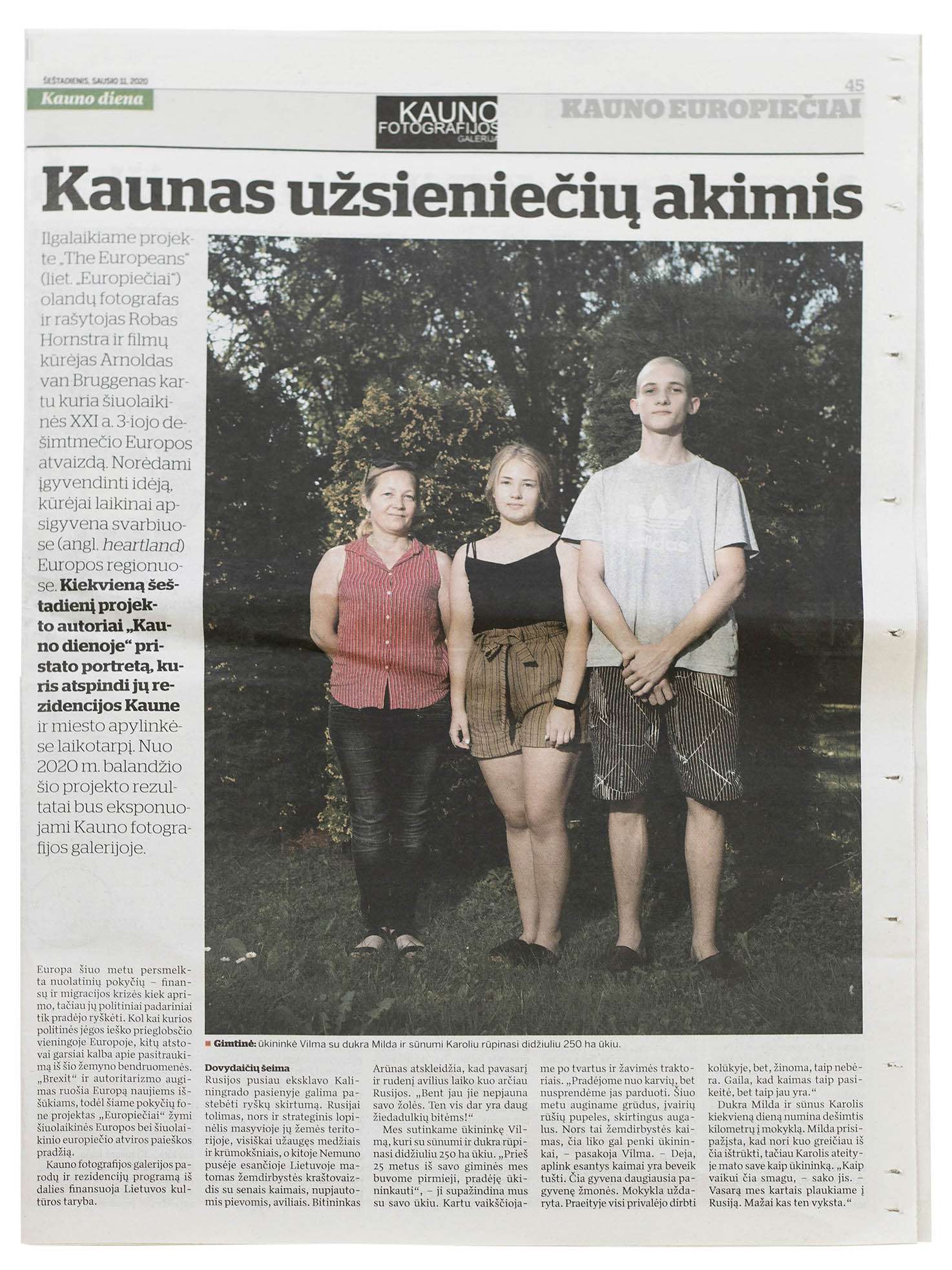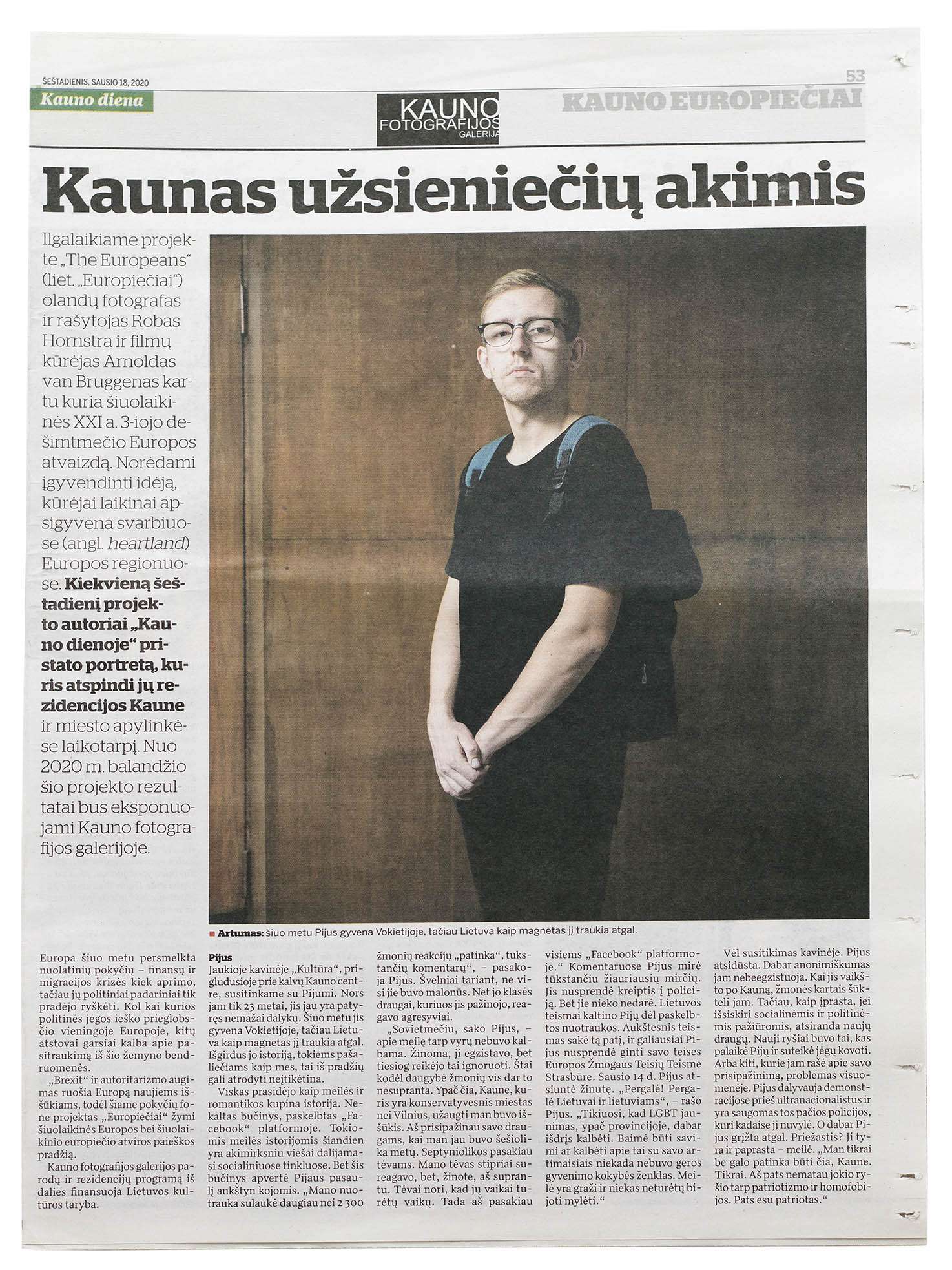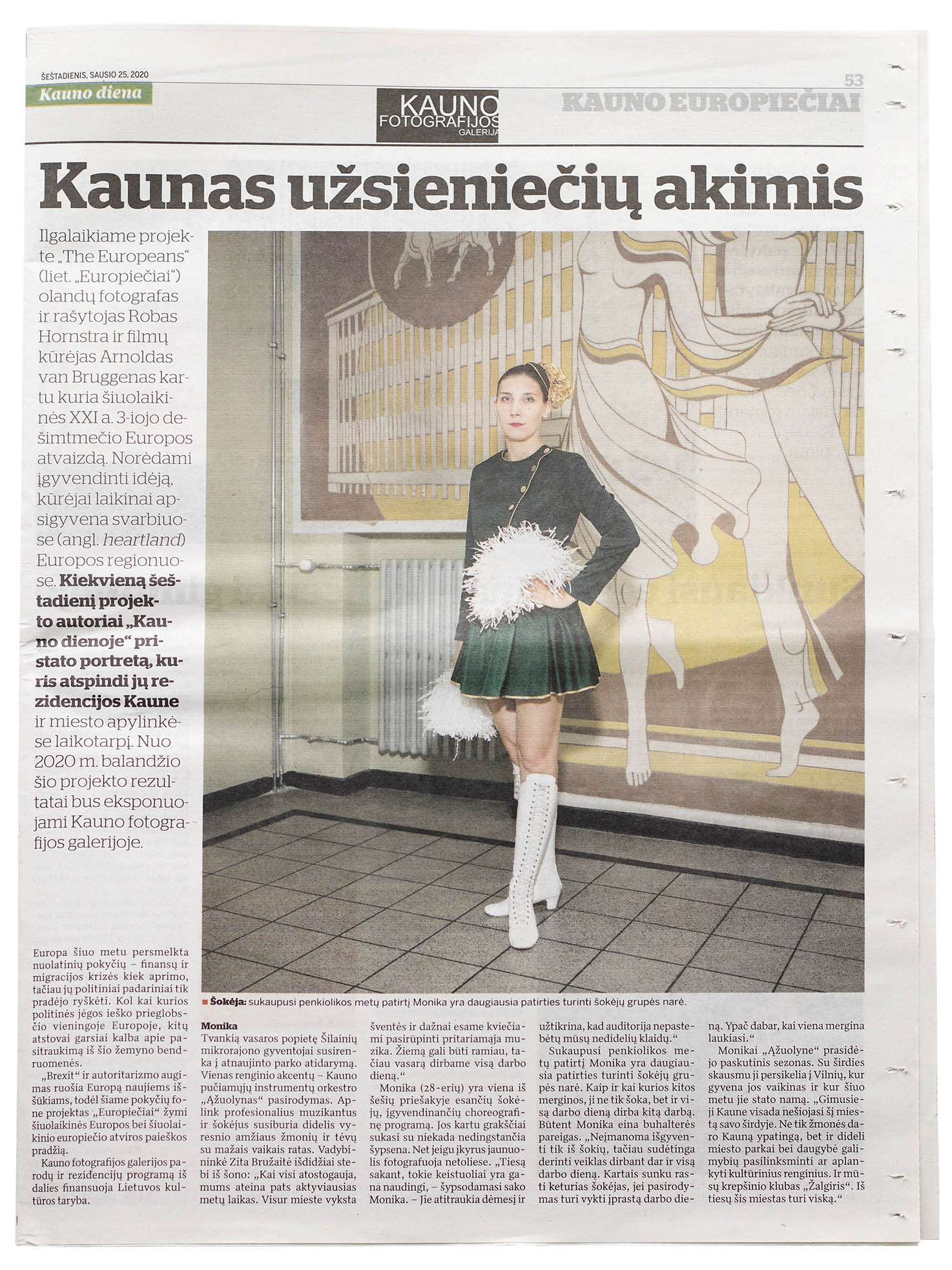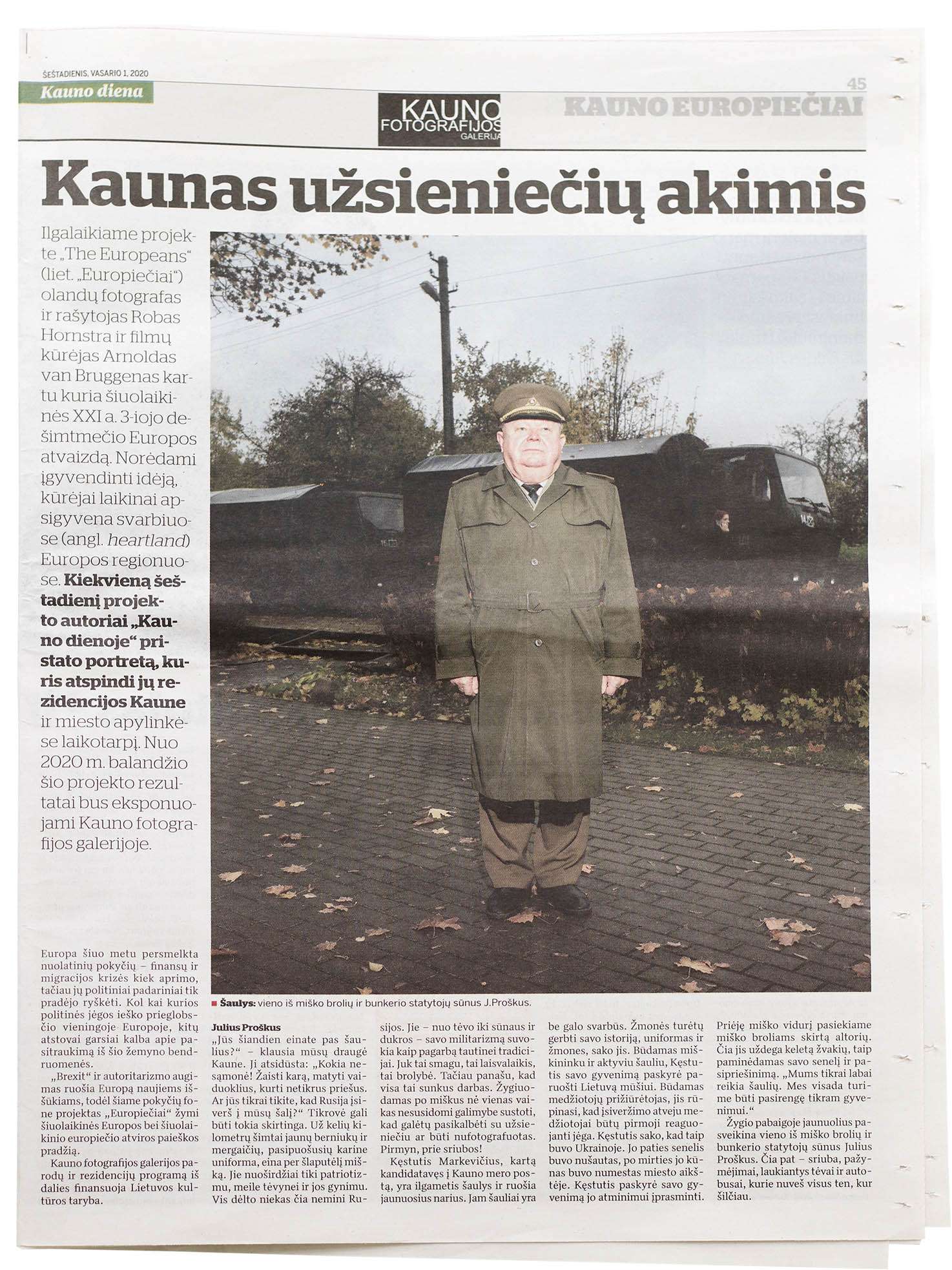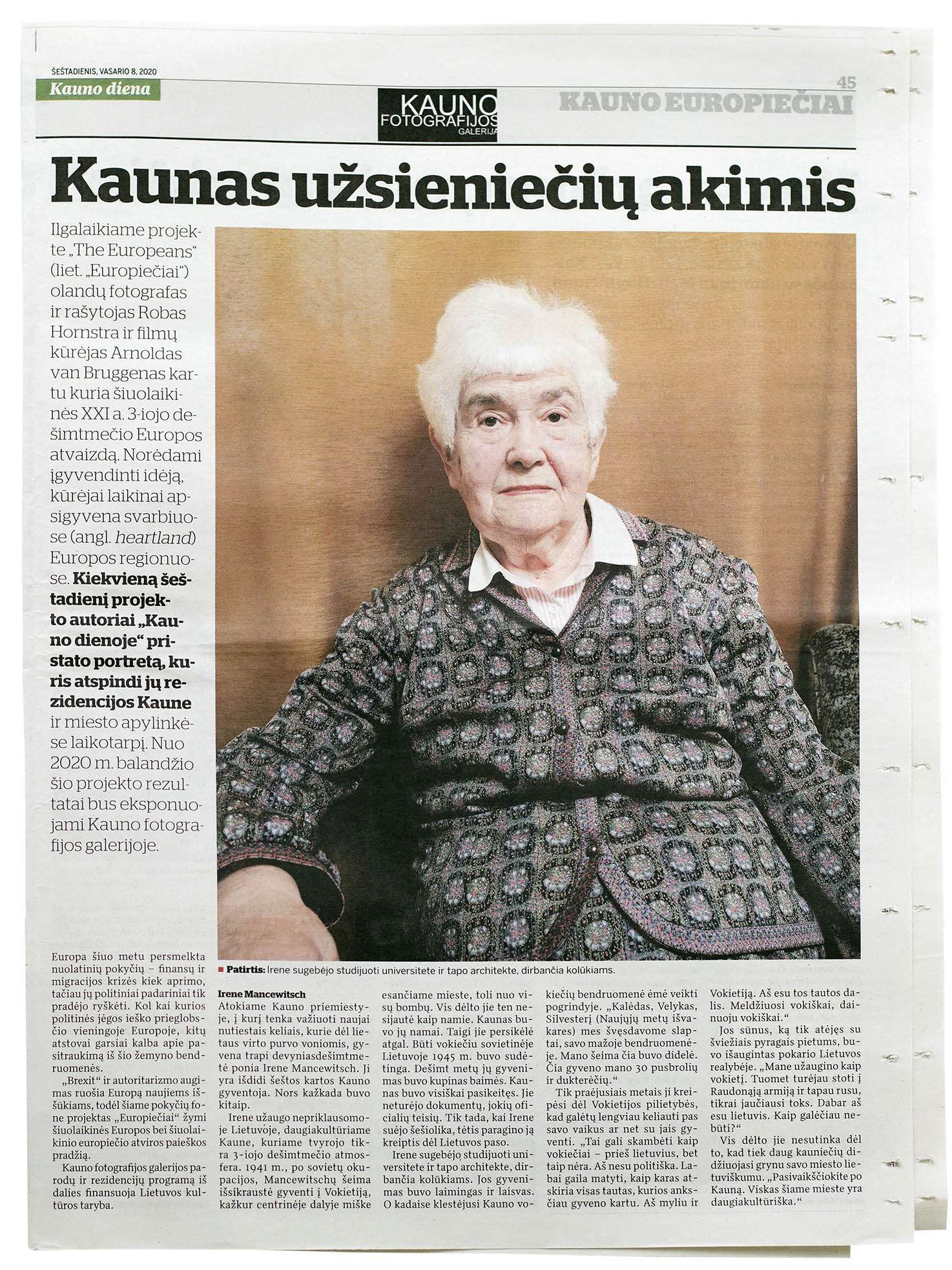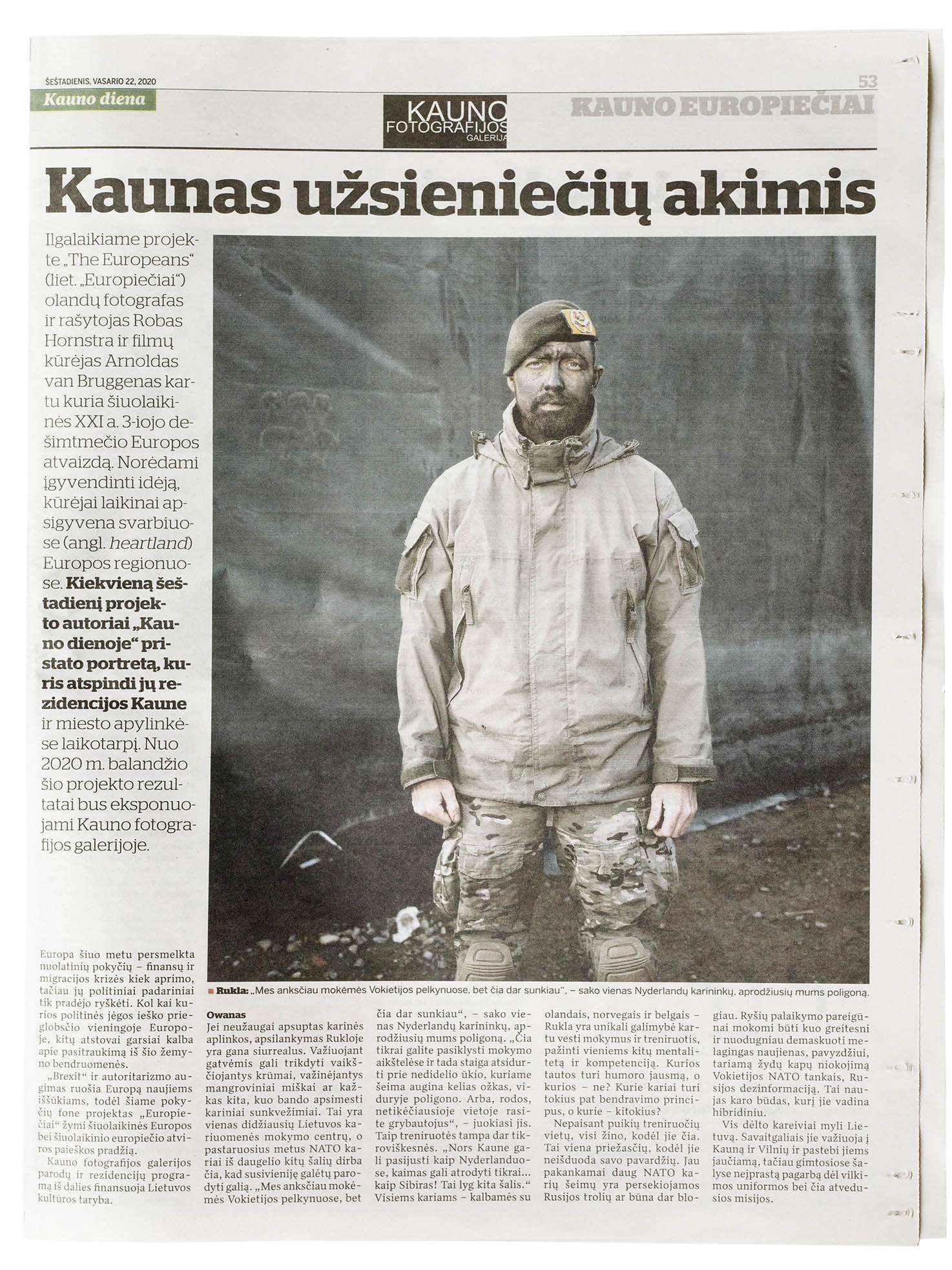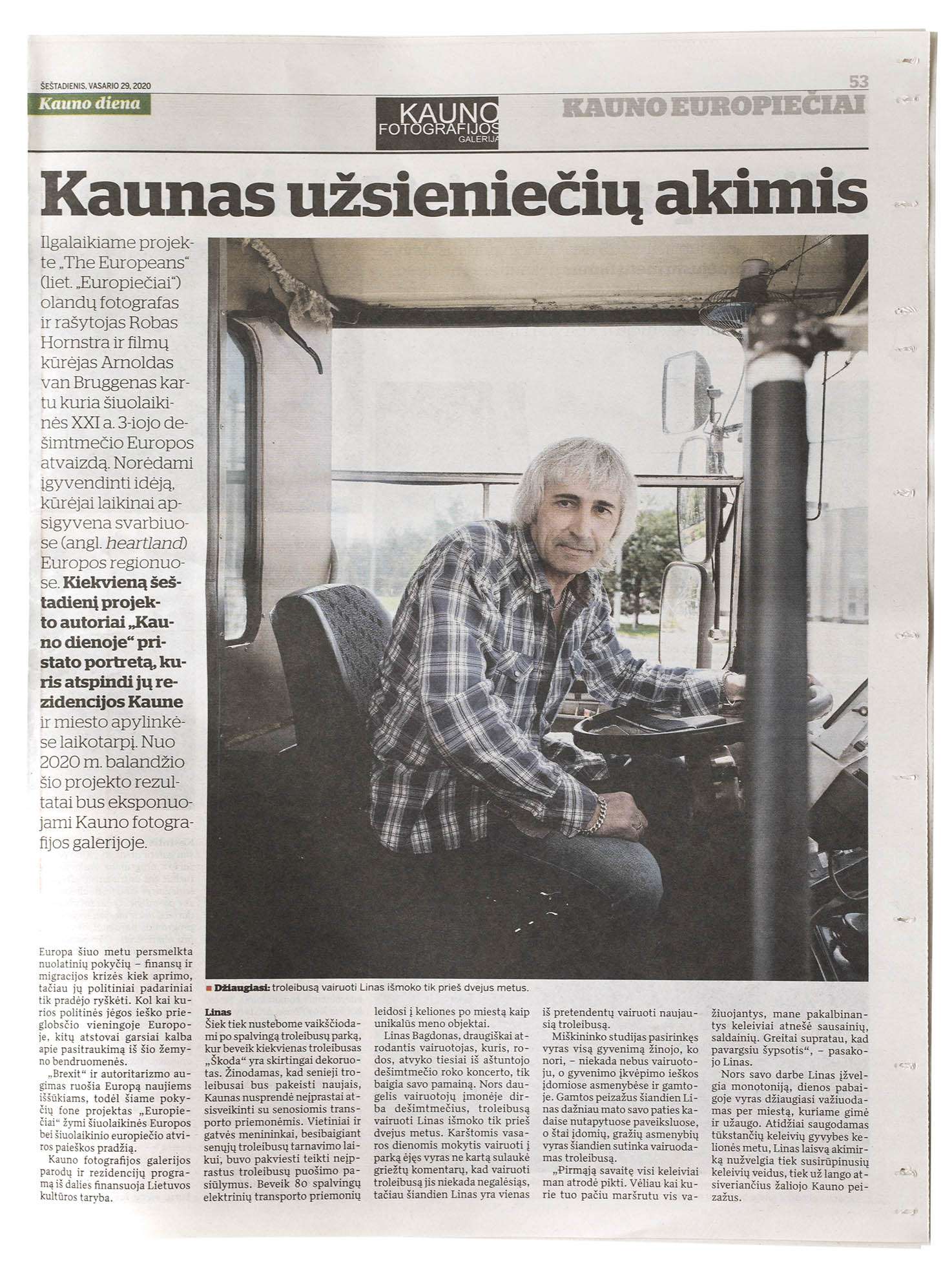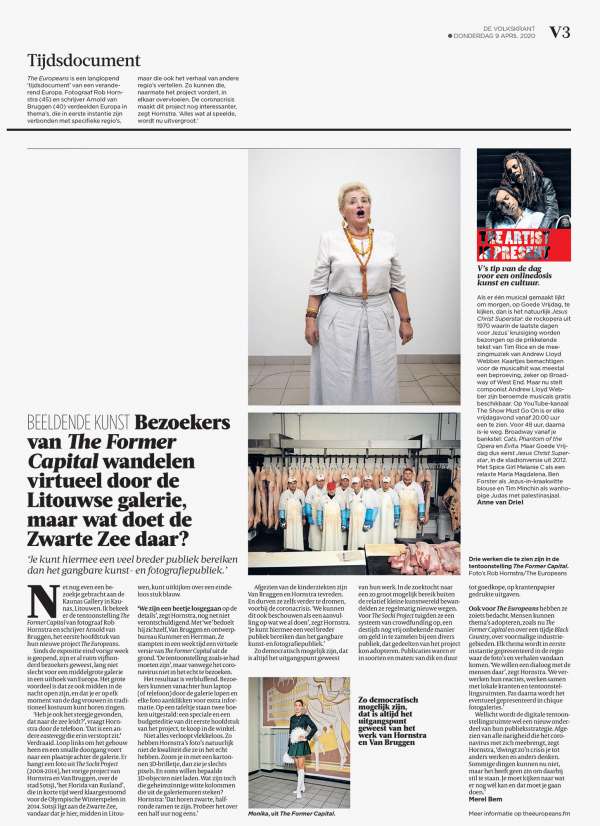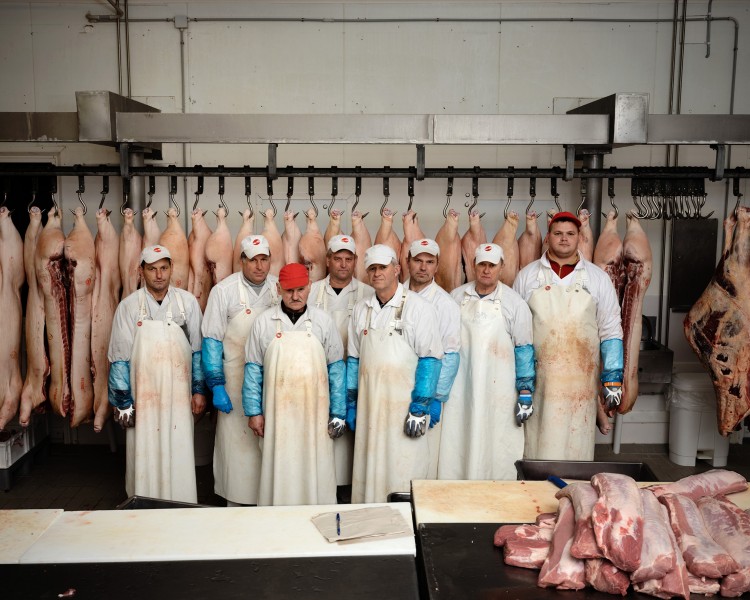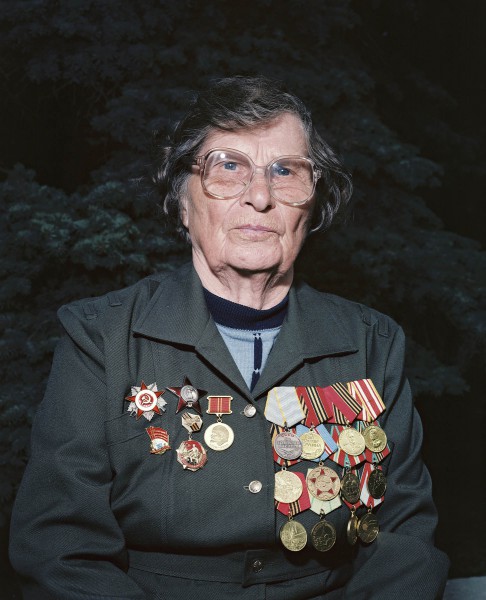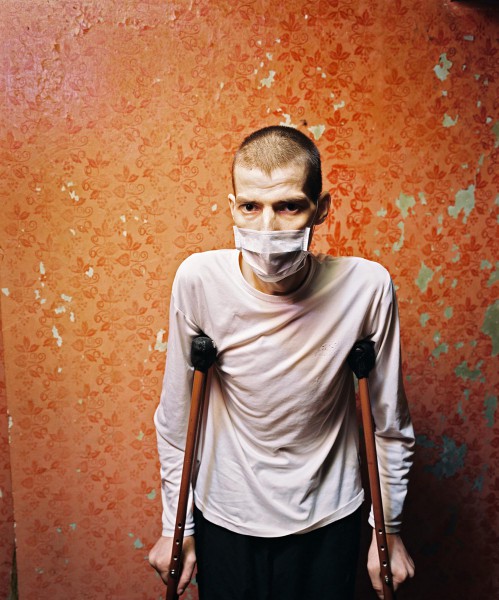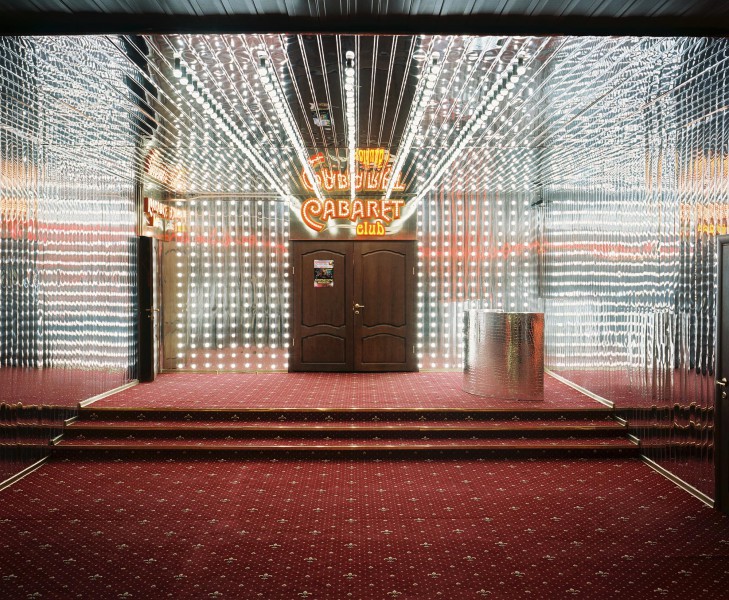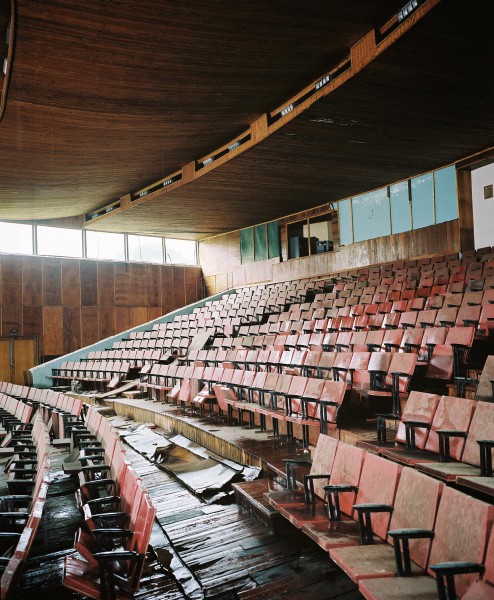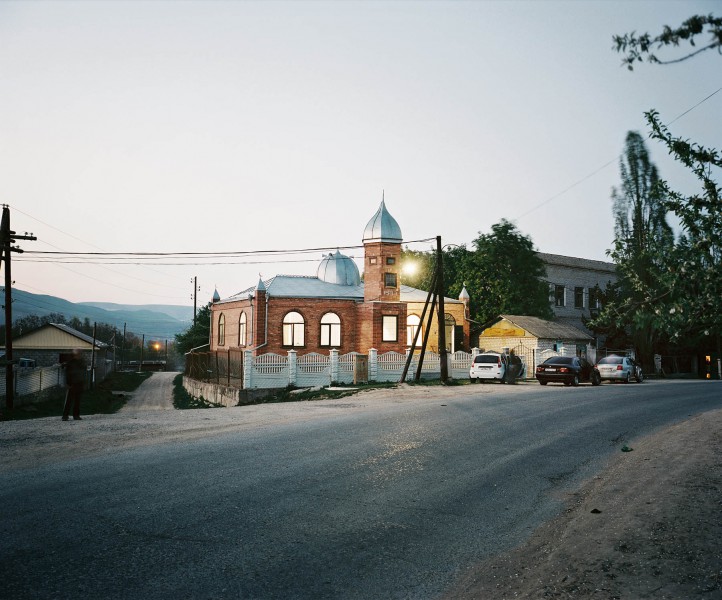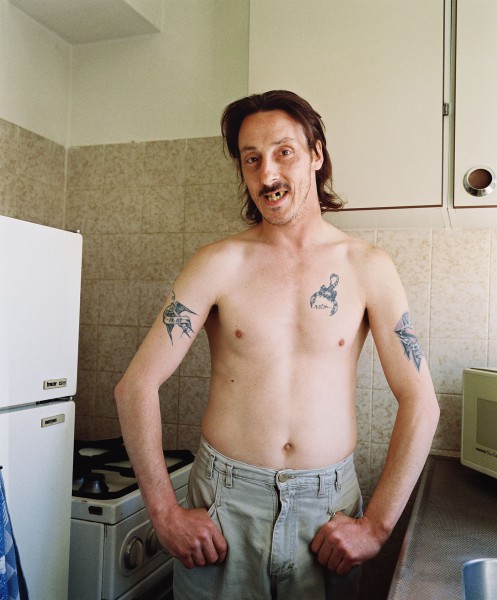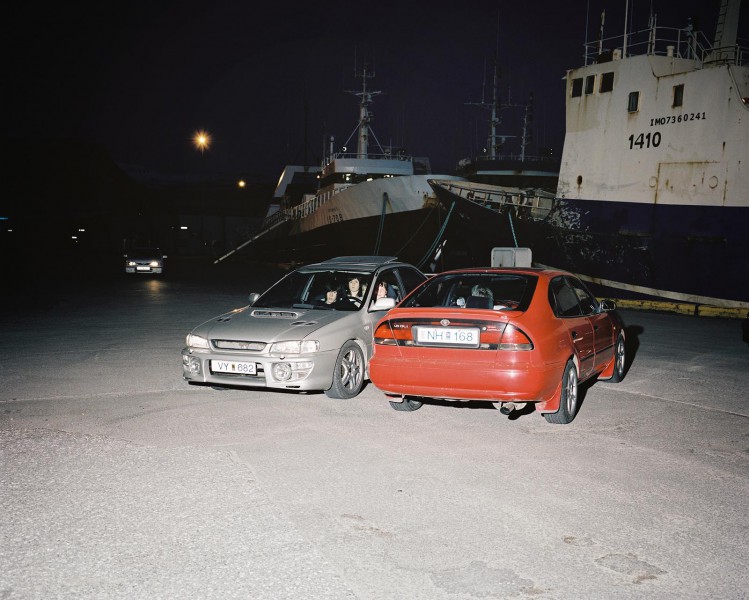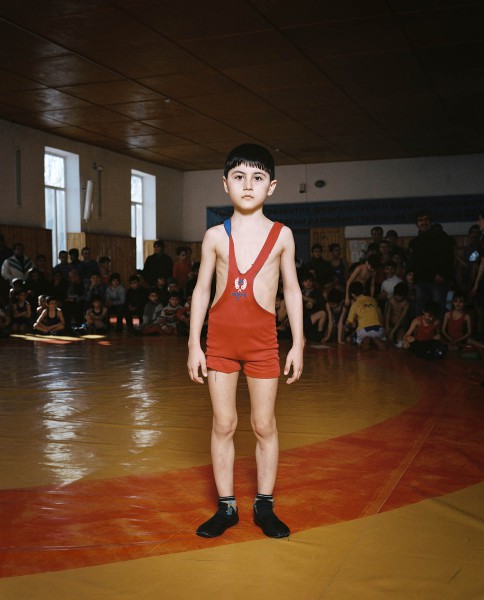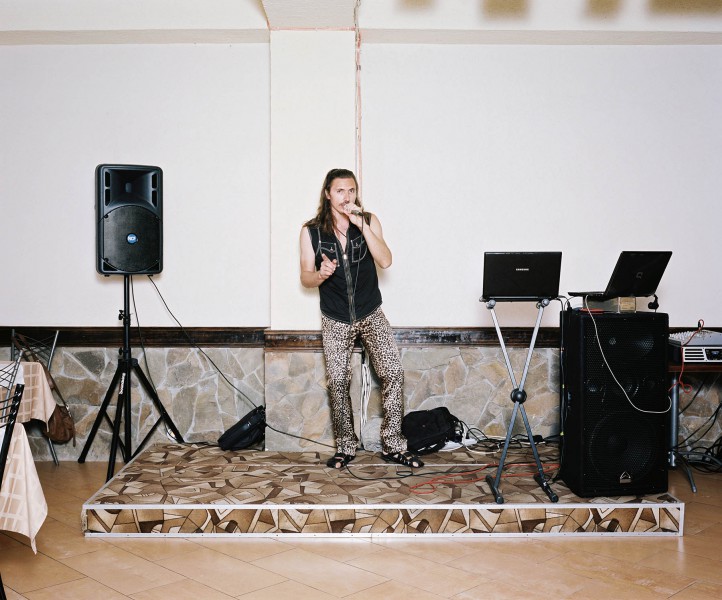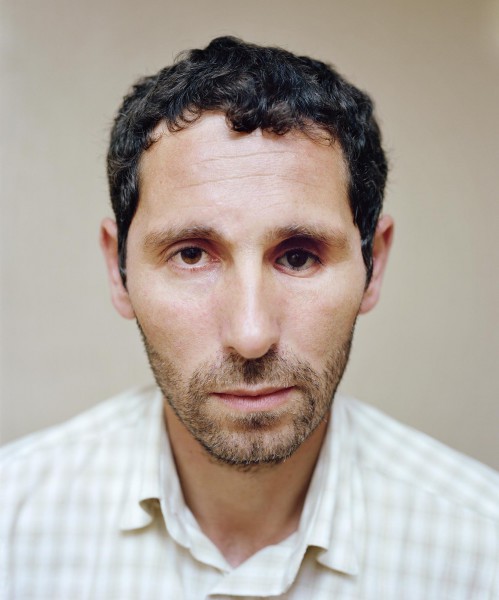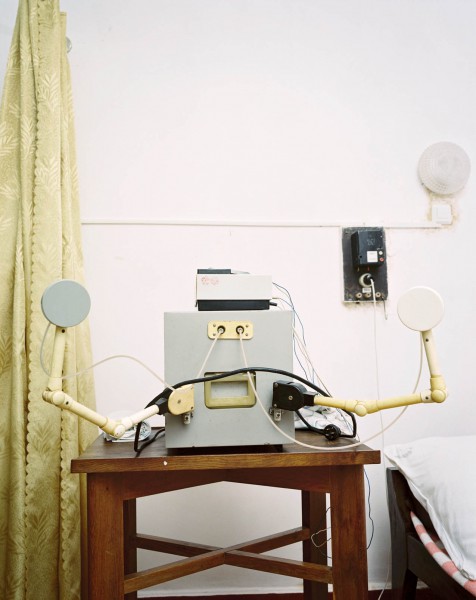The Europeans (2020 - 2030)
The Europeans is a ten-year quest to find the contemporary European at a time when Europe is struggling. Authoritarian regimes are on the rise, war made its return, and the political dream of a united and peaceful Europe is proving increasingly fragile.
In the decade to 2030, writer Arnold van Bruggen and Rob Hornstra will document multiple regions in Europe. Each period spent in one of these regions culminates with an exhibition and the launch of a publication. The photographer Henri Cartier-Bresson published his book Les Européens in 1955. He looked beyond nationalism or local customs in the individual countries. More than sixty years later, Hornstra and van Bruggen share this ambition. It’s time to come up with a new version of The Europeans.
Visit our up-to-date project website: www.theeuropeans.org
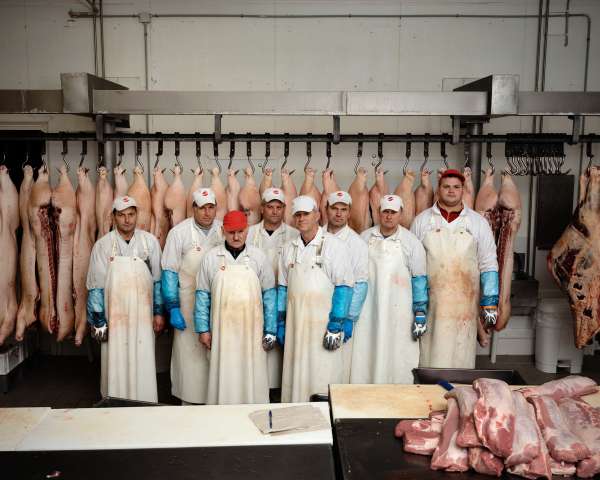
“The most popular product that leaves the meat-processing factory for the local market is the Frankfurter sausage.”
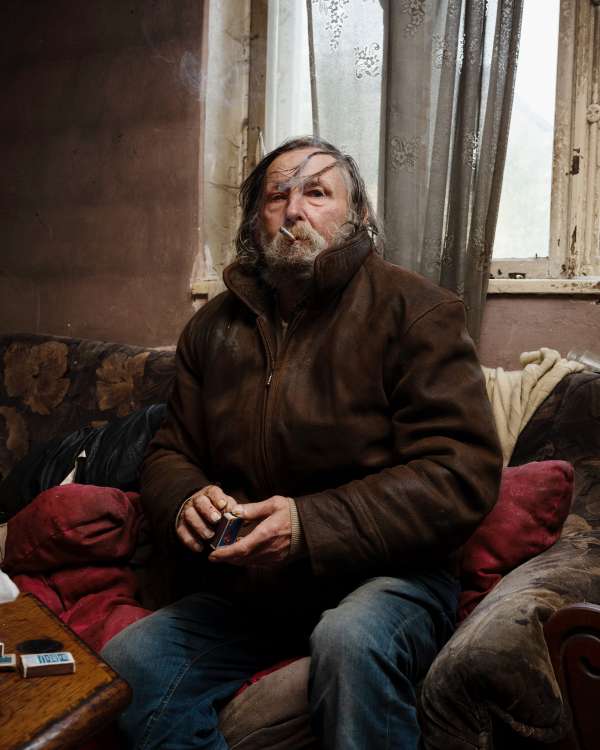
Juozas, The Former Capital, 2020
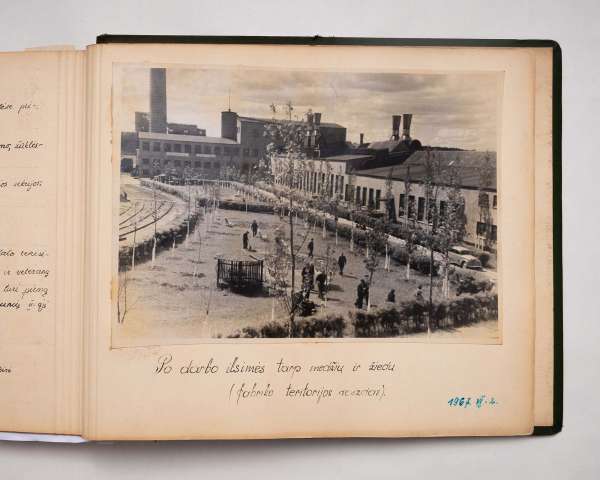
Paper mill that went bankrupt, The Former Capital, 2019
Chapter One: The Former Capital
Residents of The Former Capital are proud. Proud of the history that led to independence. Proud of the large-scale infrastructural renovations. Proud of the urban nature in city’s great parks and proud of their basketball team that won the national league. The demarcation between patriotism and nationalism is sparse. Many inhabitants praise their city for being the nation’s purest city. Foreigners are hard to find unless you visit one of the dormitories for foreign students. Due to a shrinking population, recruitment of international students is essential for funding of local universities. Depopulation is a problem. Young people leave the country to earn elsewhere in Europe. Behind the facade of urban prosperity lurks a poverty risk level that is among the highest in the European Union. Every day, hundreds of inhabitants knock on the door of the local soup kitchen, often elderly who can’t live of their pension.
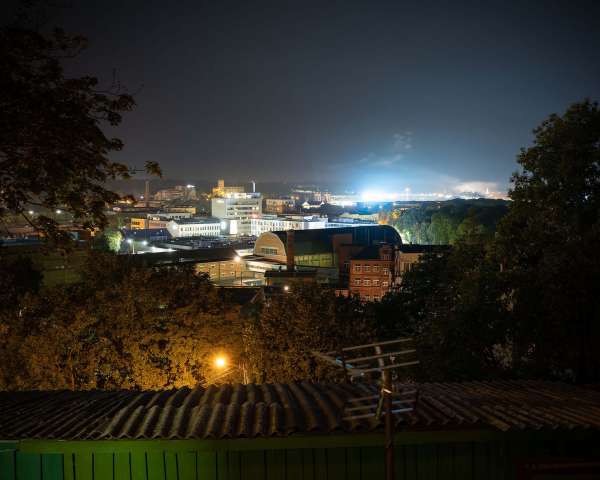
View on industrial buildings in the city centre, The Former Capital, 2020
“In Soviet times, we wanted to be better than our Soviet neighbours. Now we want to be European. This is our facade”.
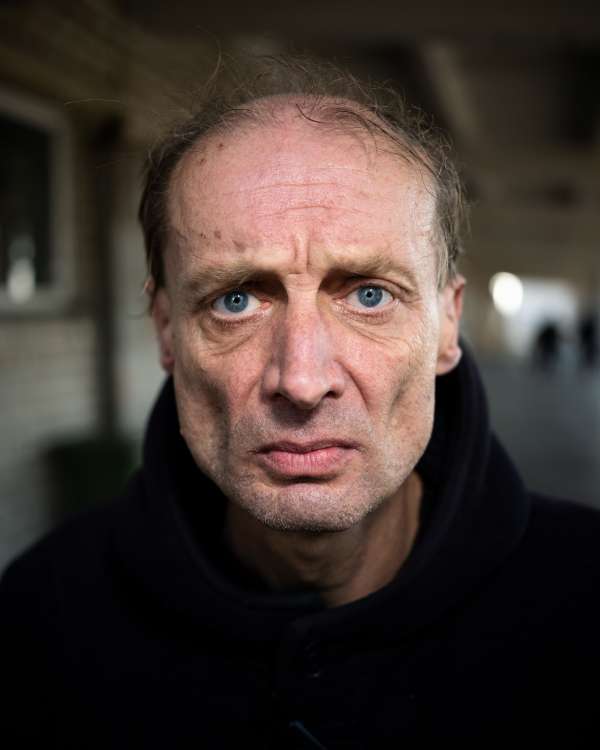
Vidas, The Former Capital, 2020
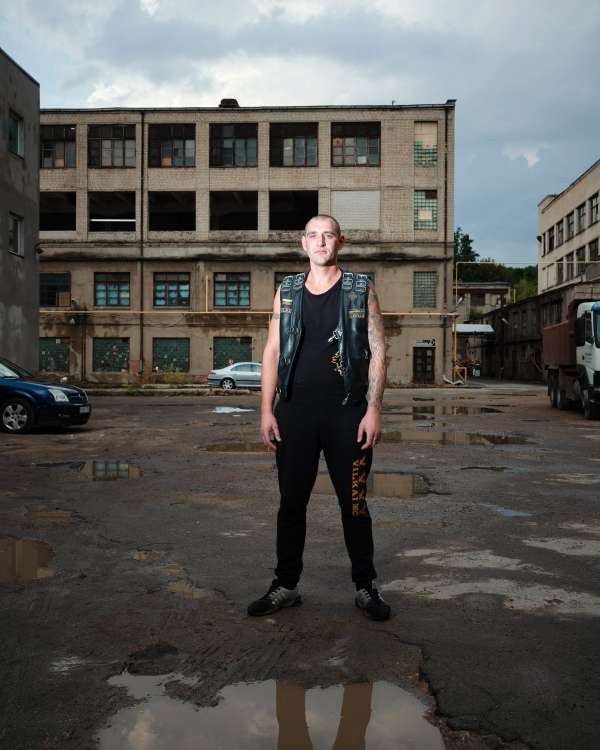
Eimantas, The Former Capital, 2020
“No matter how distressing it is behind the front door, outside you always pretend everything is going well”.
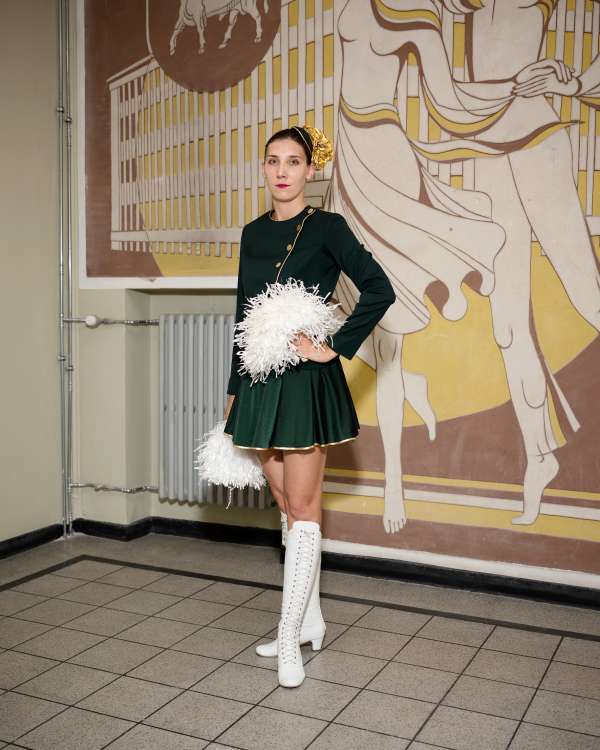
Monika, The Former Capital, 2020
“I don’t know if you would have been okay if you had come here about five years ago. The criminality was really huge.”
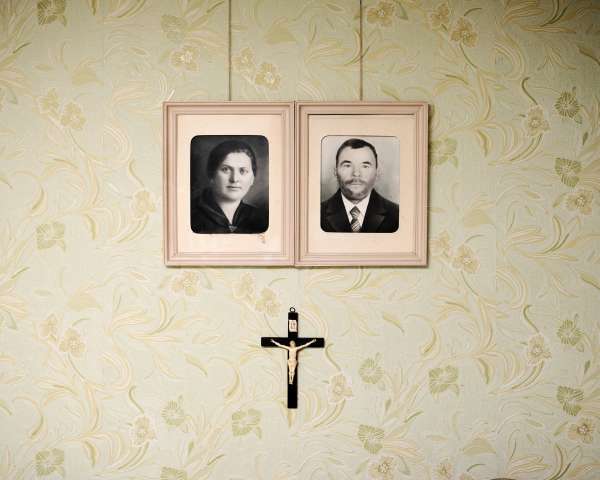
Eugenija and her husband, The Former Capital, 2020
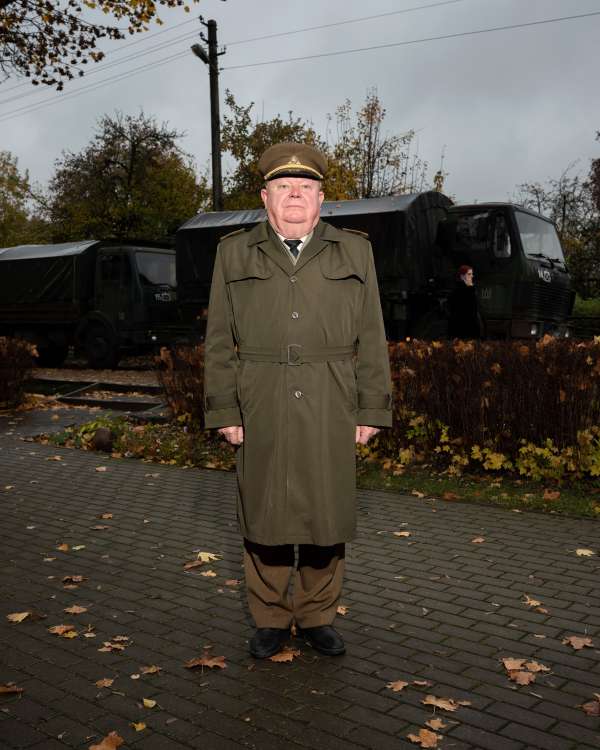
Julius, The Former Capital, 2020
“Also young people should be able to defend their fatherland at some point in the future”.
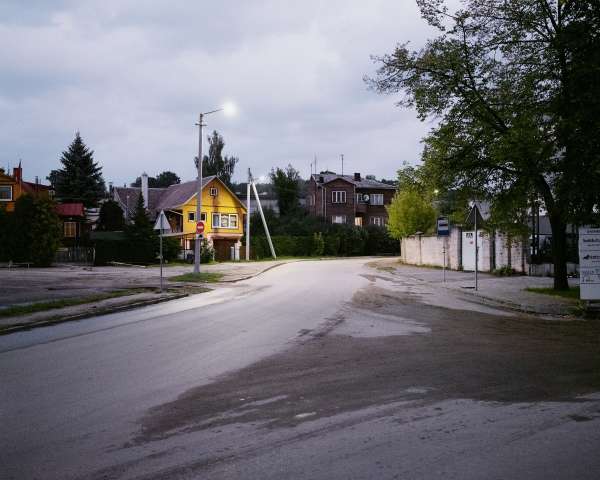
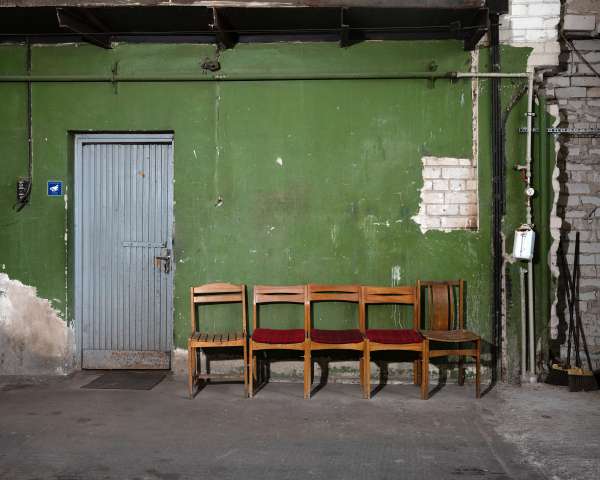
Trolleybus depot, The Former Capital, 2020
“I’ve lived under four different regimes. You always pay someone for water and wood. And that’s about it.”
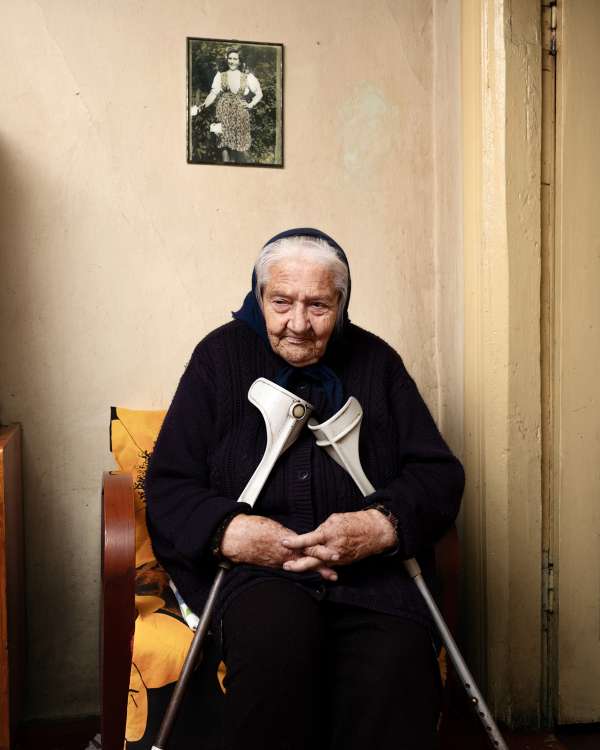
“Foreigners try to force ideas about families and children on us. Open borders are good, but we must be able to make our own rules.”
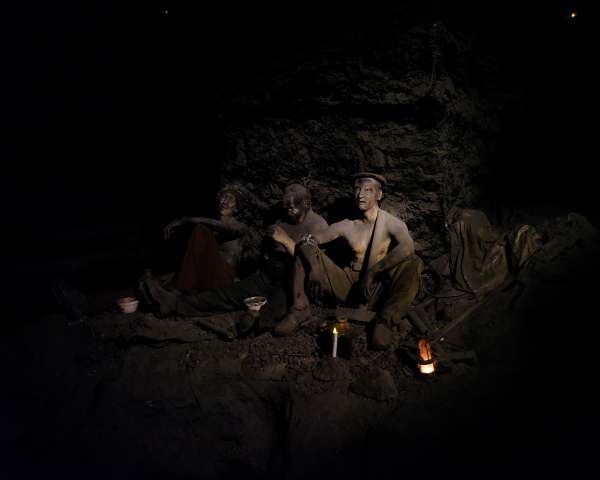
Black Country Living Museum, The Black Country, 2019
Chapter Two: The Black Country (in progress)
As you walk through the sloping main street of the town, the castle slowly disappears. A stretched landscape in front of you: residential districts, flats, industrial buildings, and chimneys. In the distance, forests emerge that extend beyond the horizon. This is the Black Country. Its history is majestic and proud. This is where the steam engine was used for the first time, and where the foundations for the industrial era were established. Socialism, social democracy and climate change - this hill town was at the cradle of it. What remains? The local newspaper talks about the smaller crime, and attempts to keep the poor city tidy. The Black Country has definitively become the periphery of world history. Like rotten teeth, empty shops and theatres stare at you.
Support the project by adopting this region.
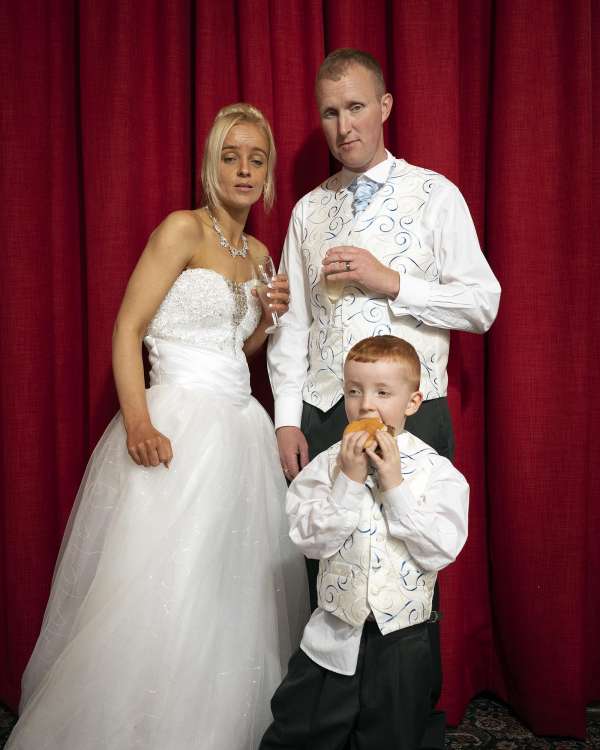
Nicola and Paul, The Black Country, 2019
